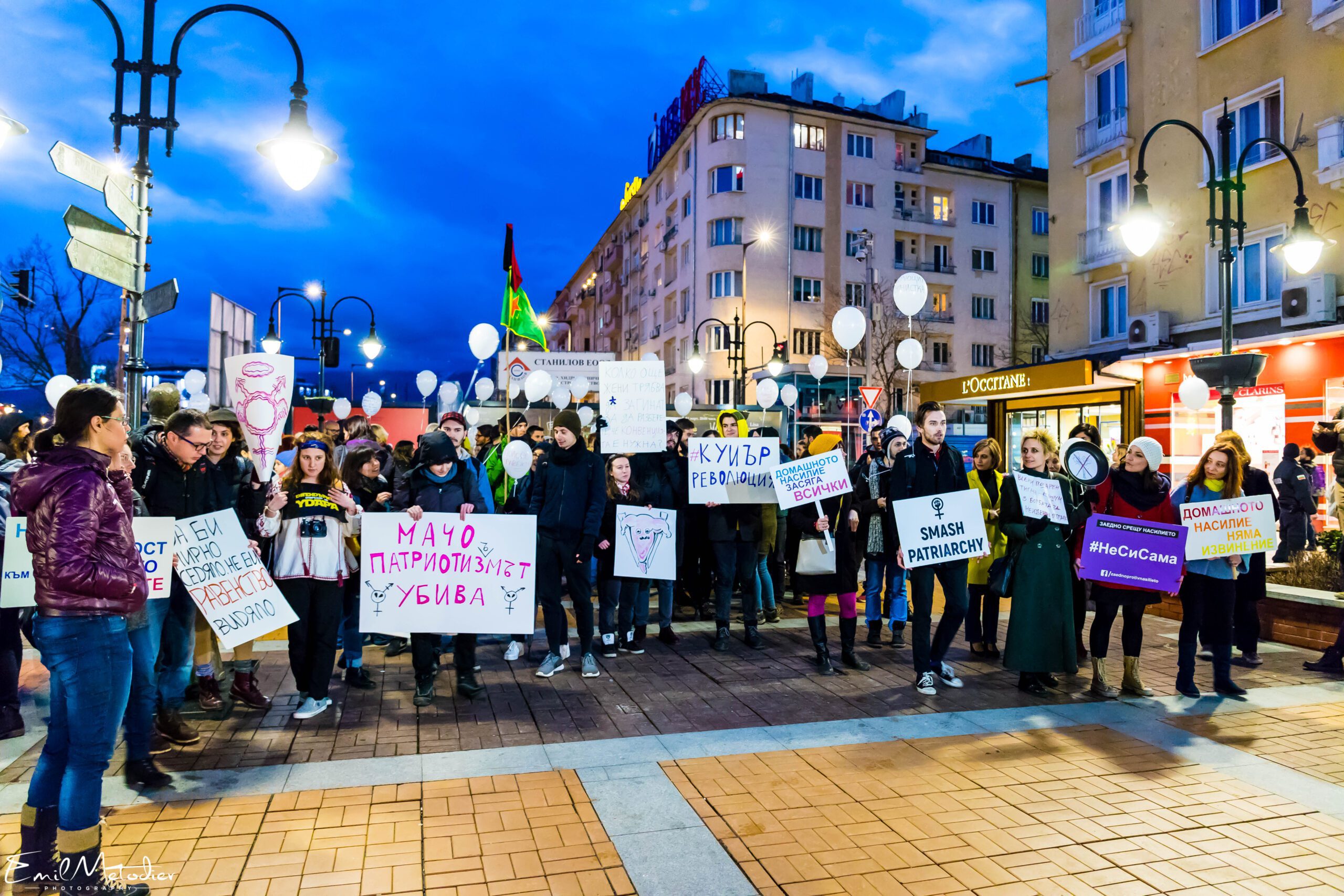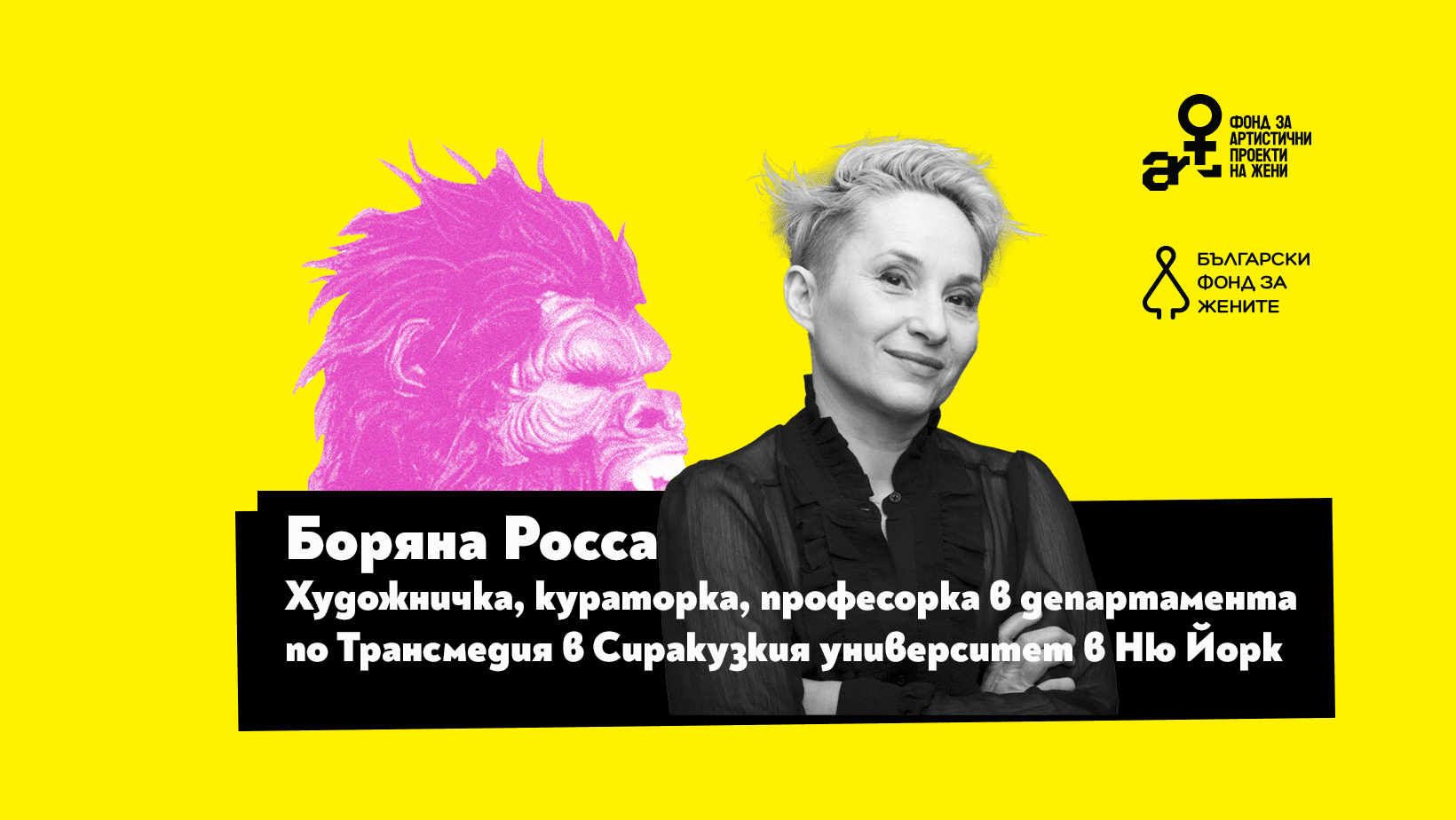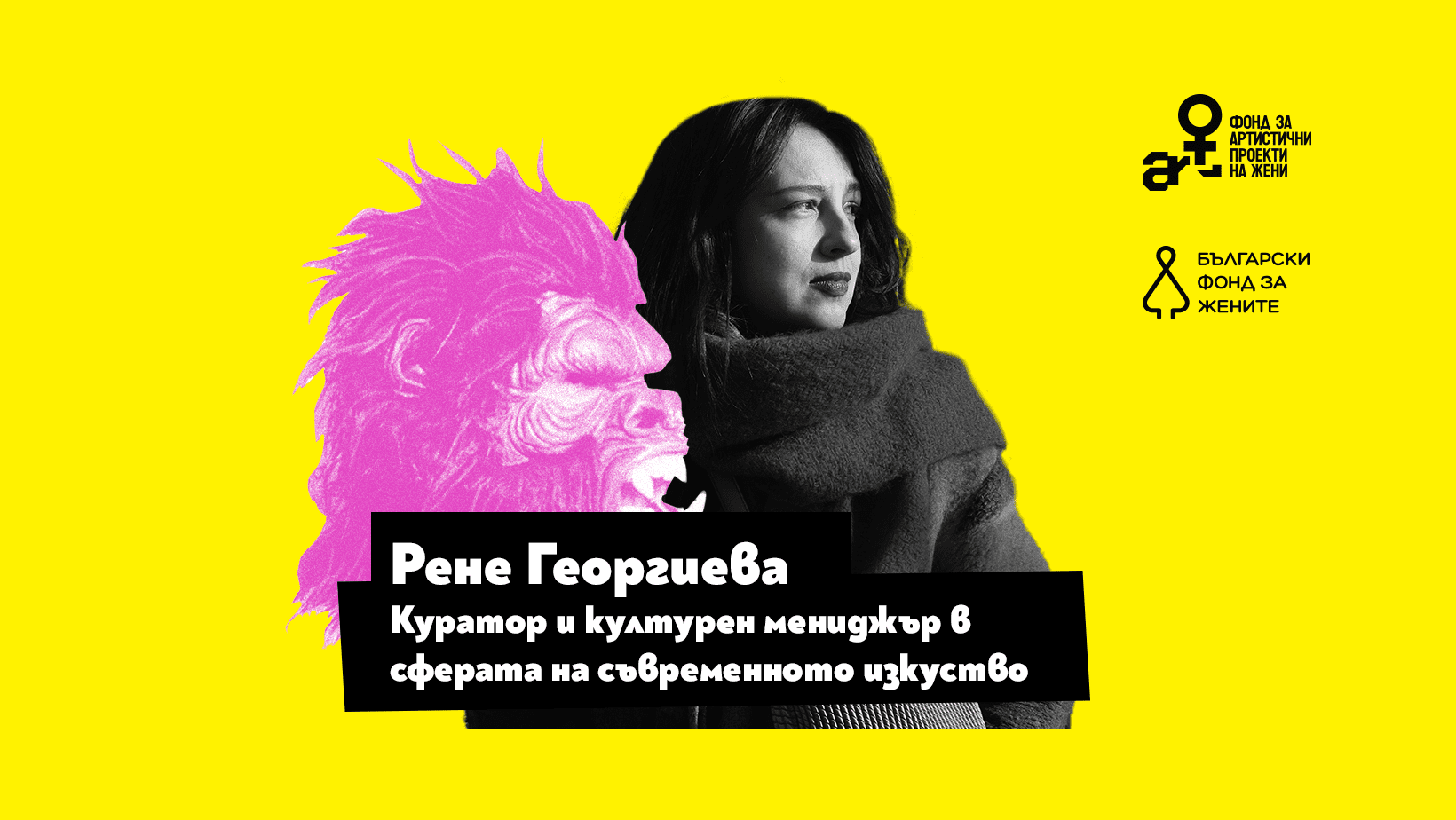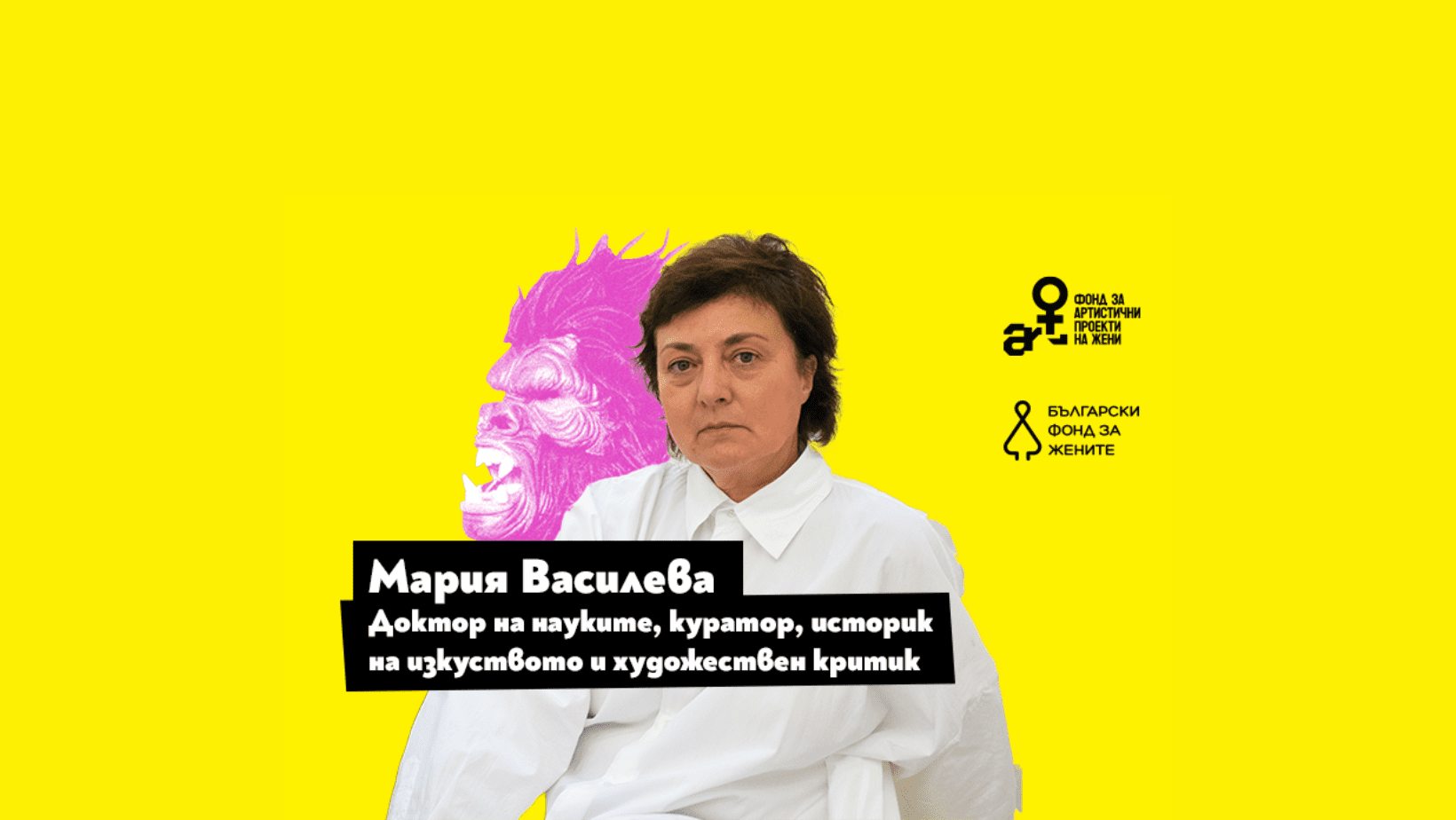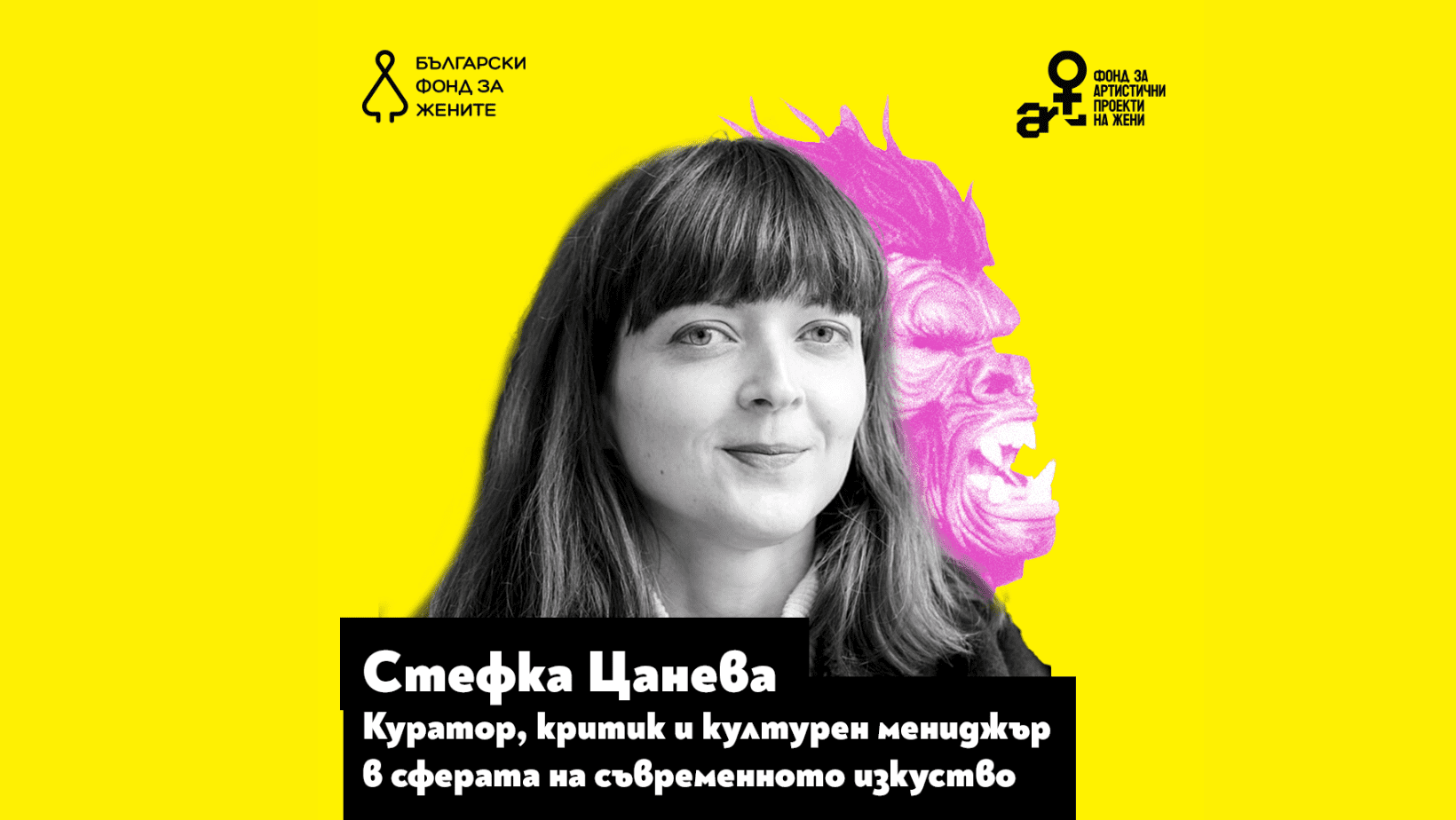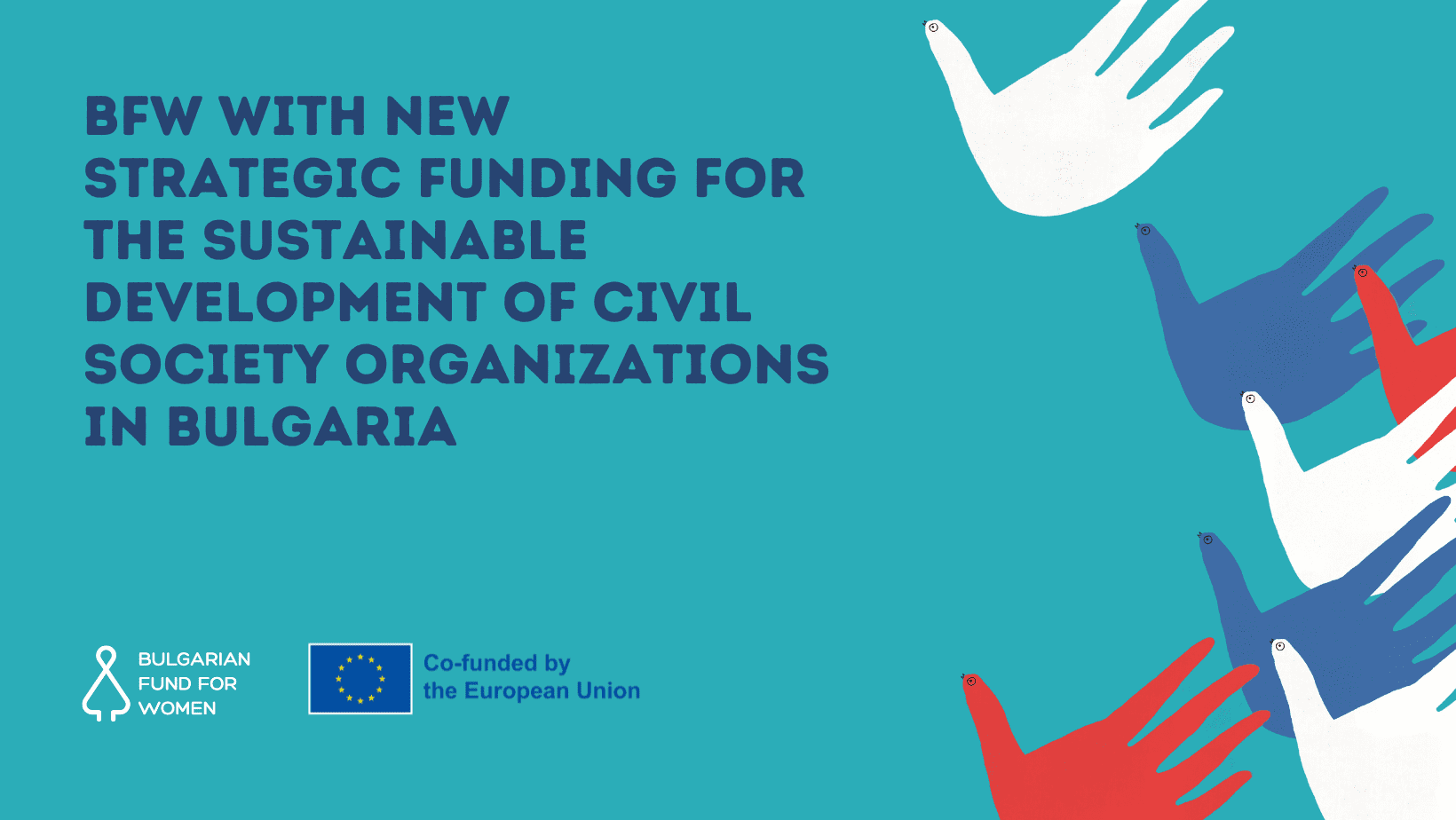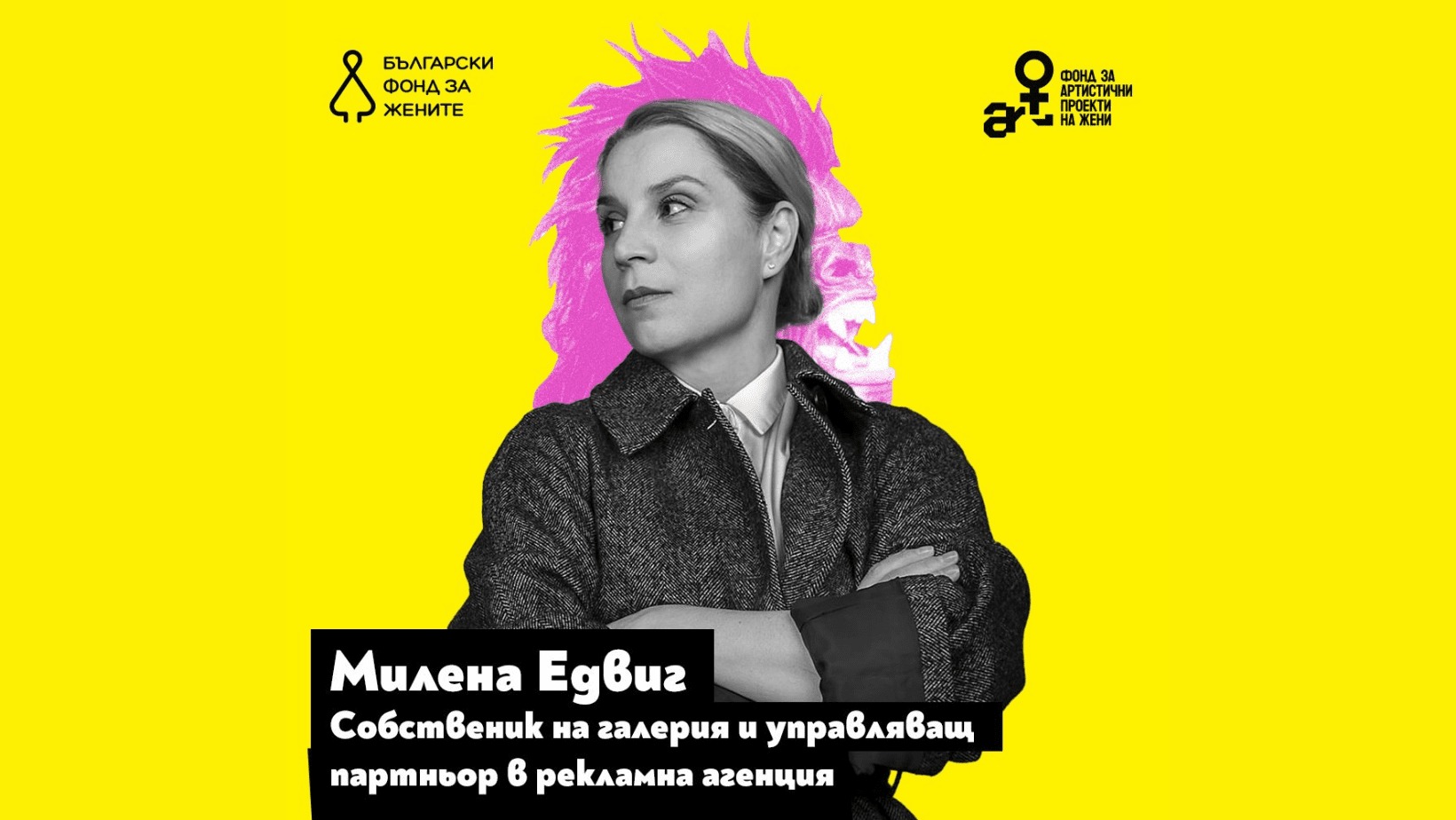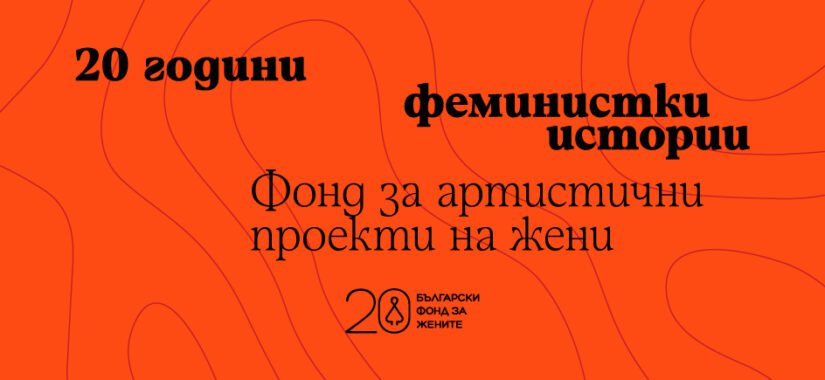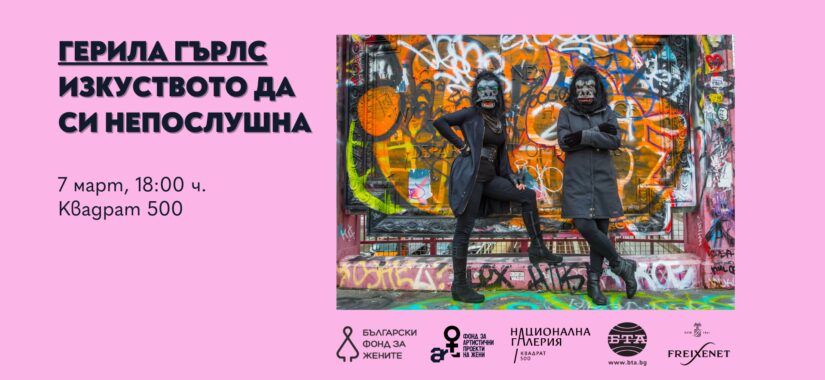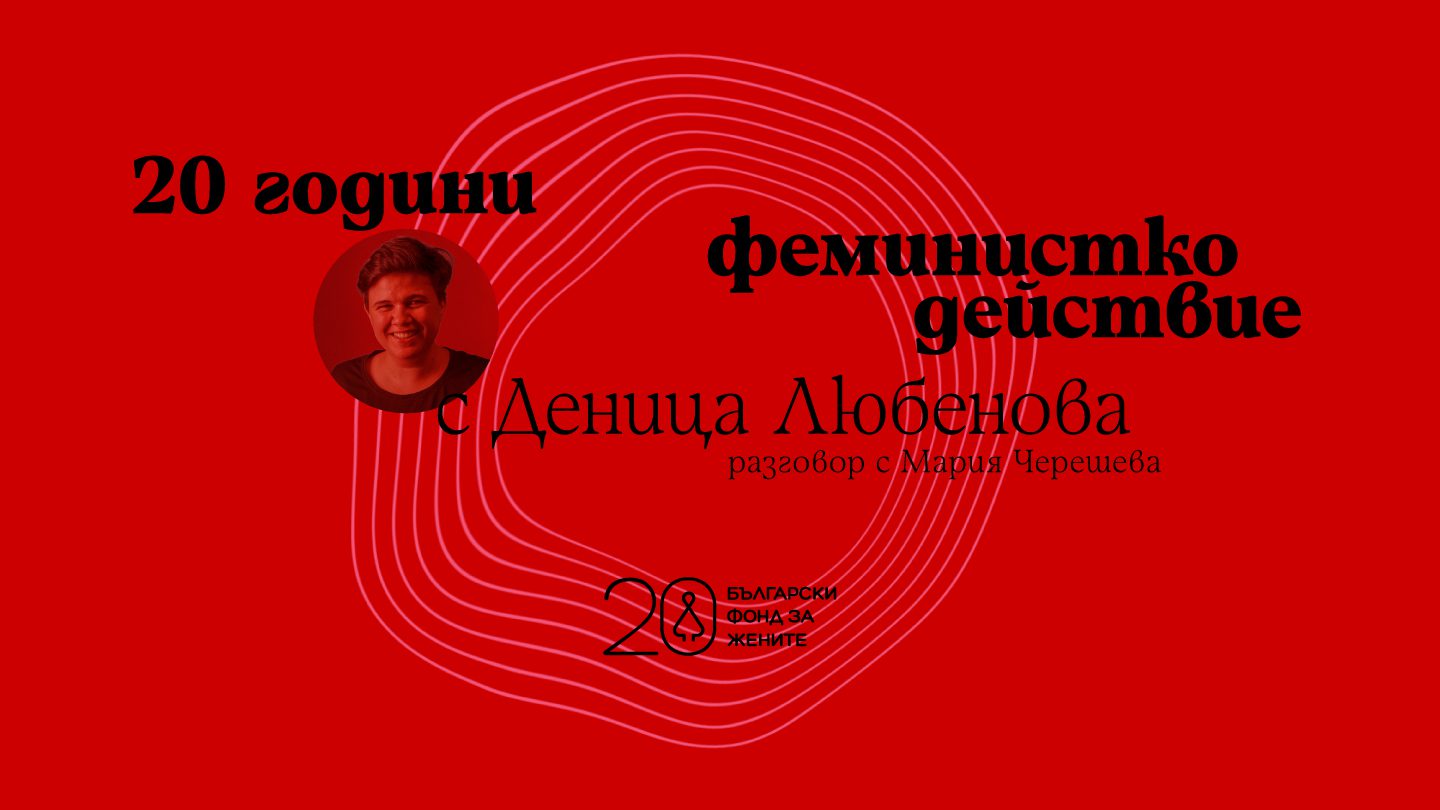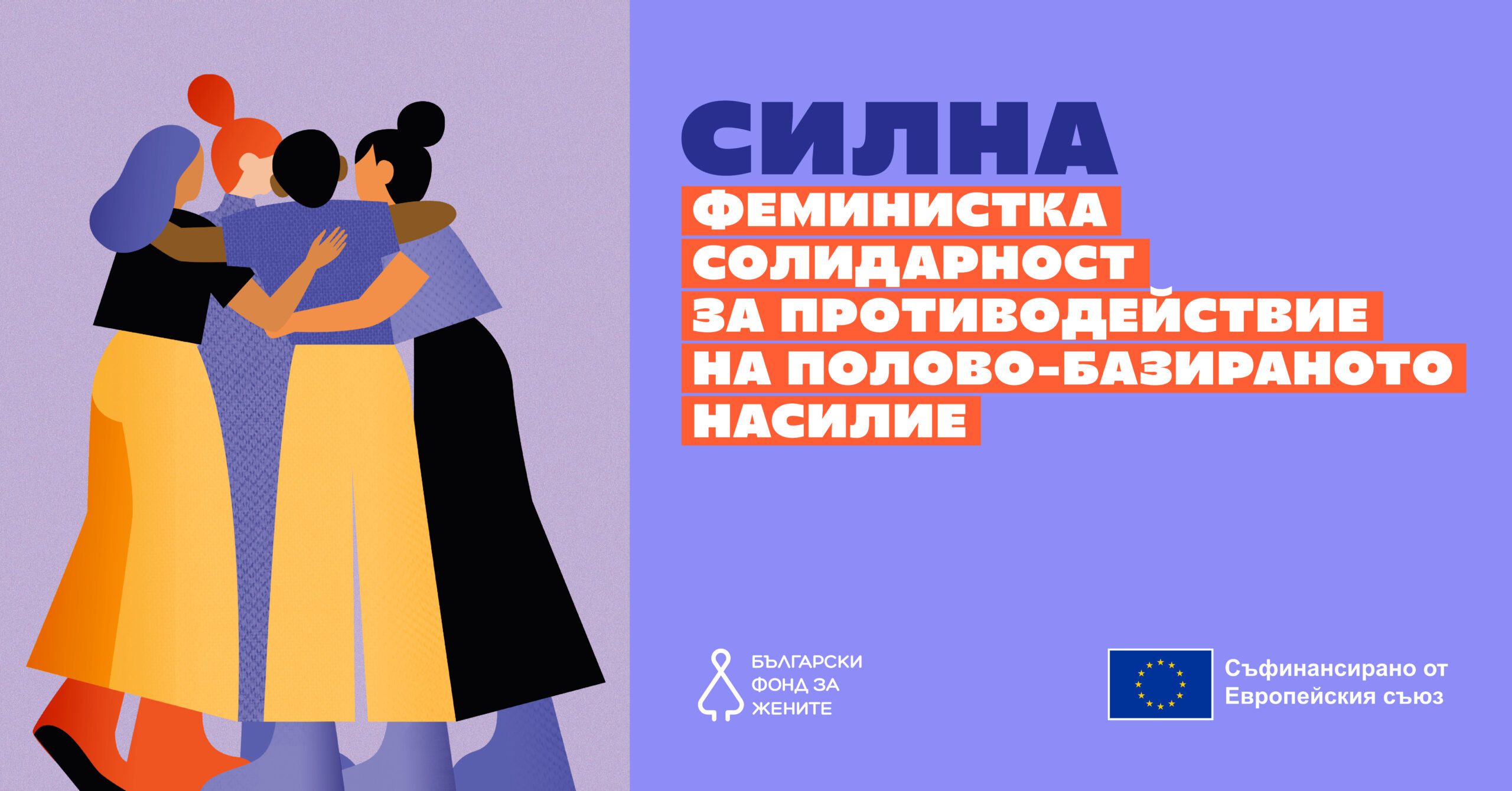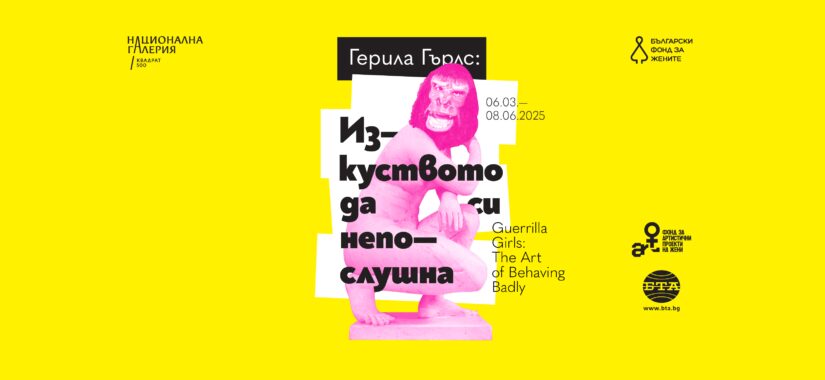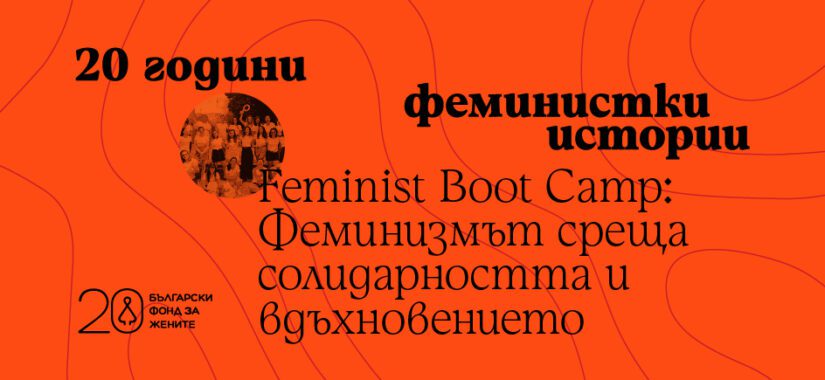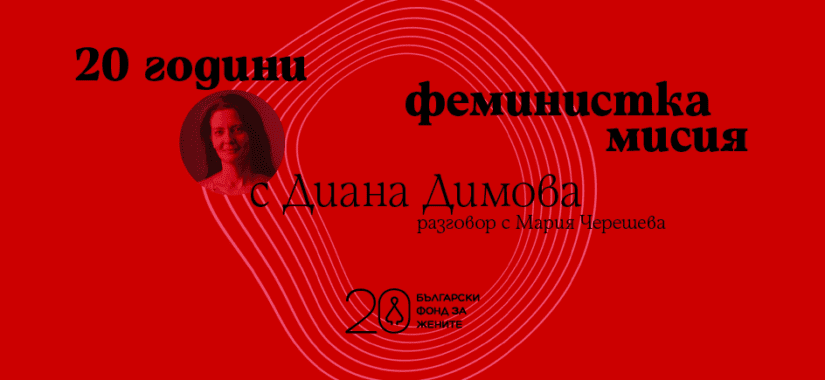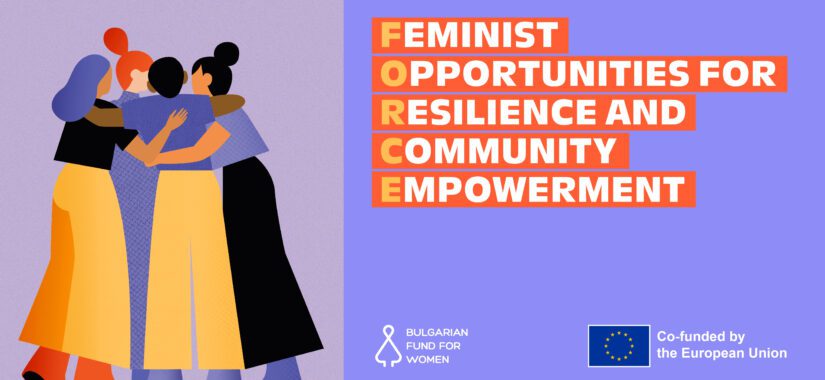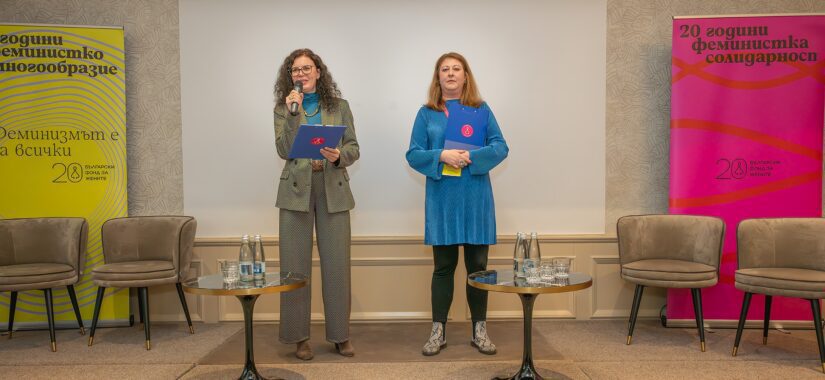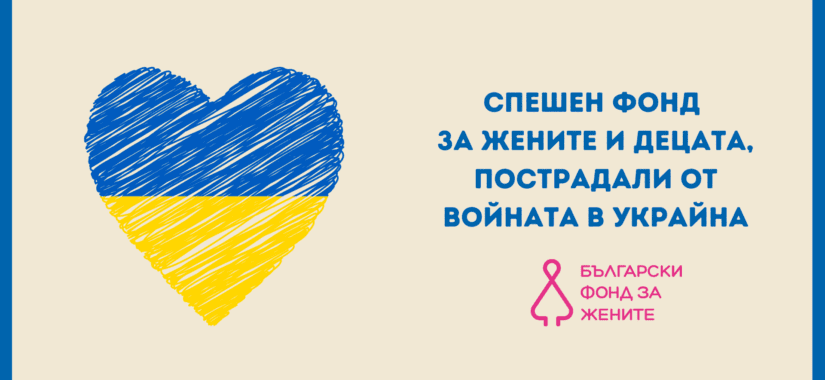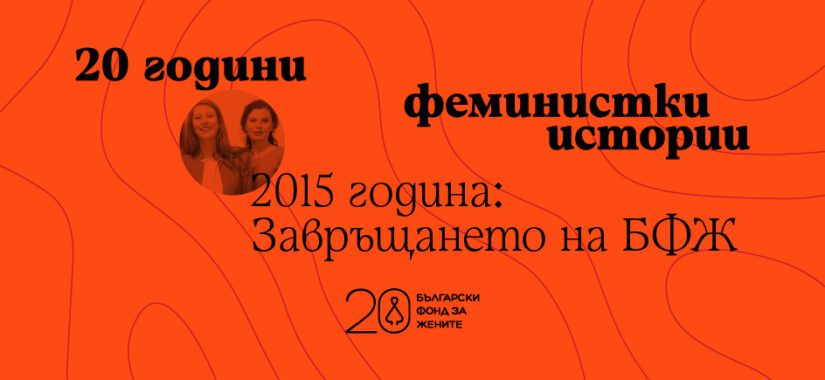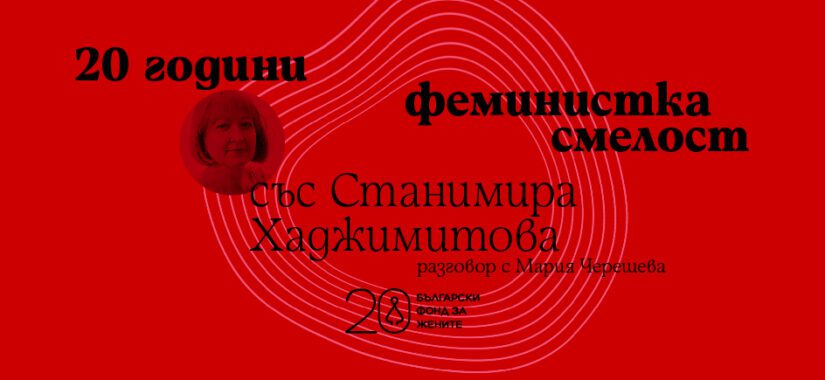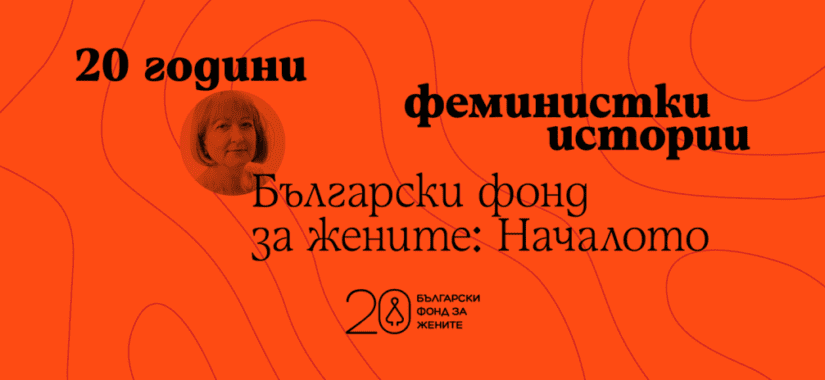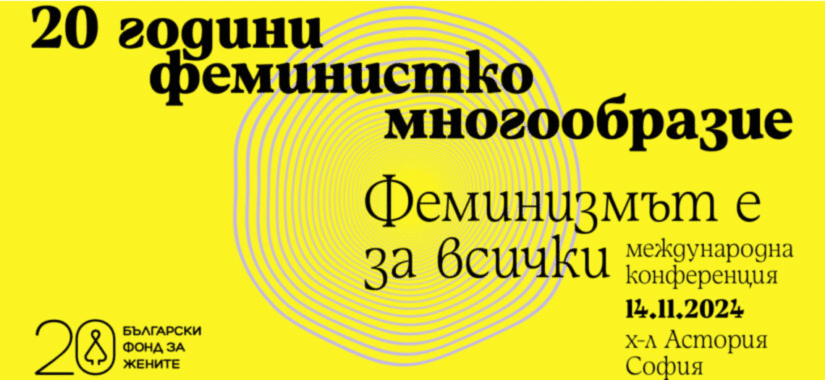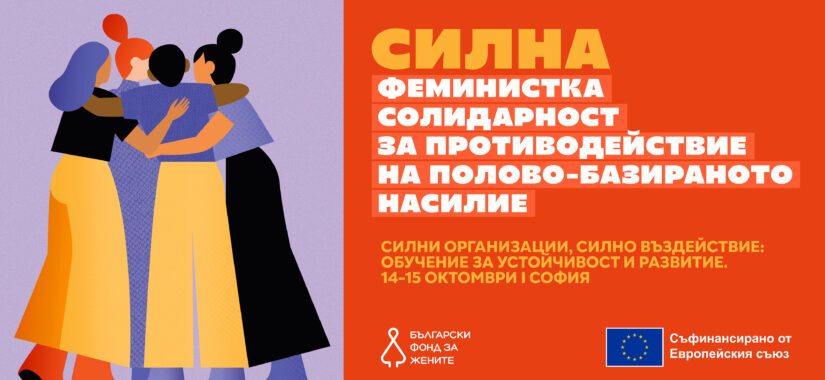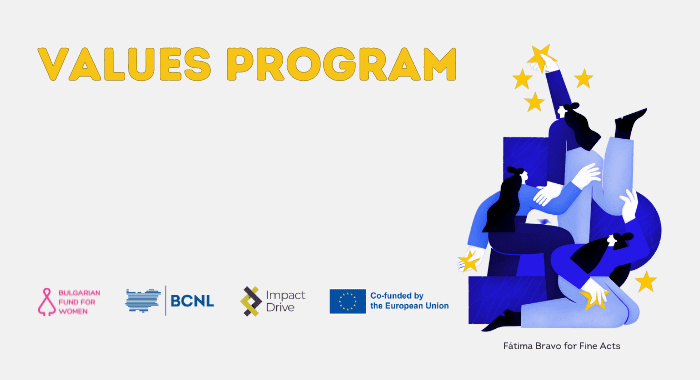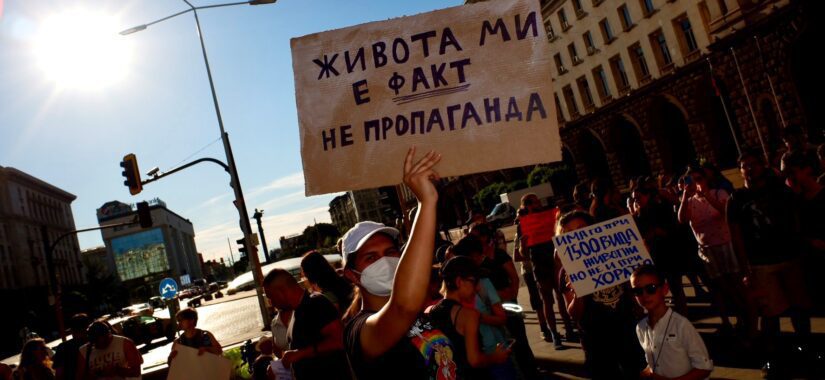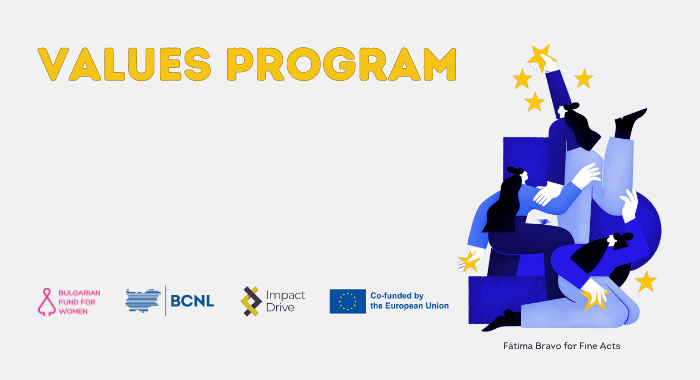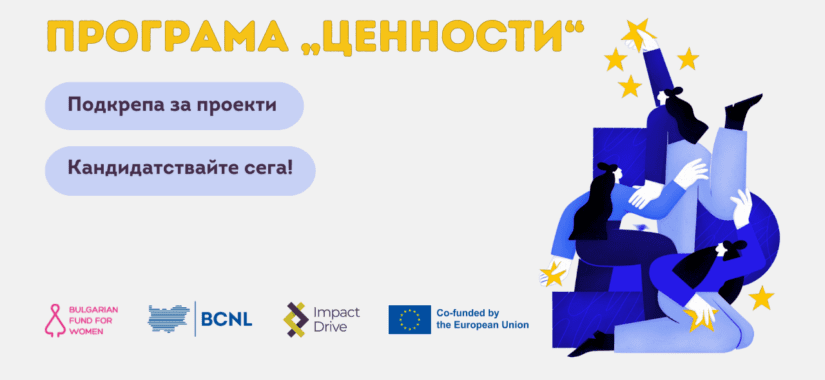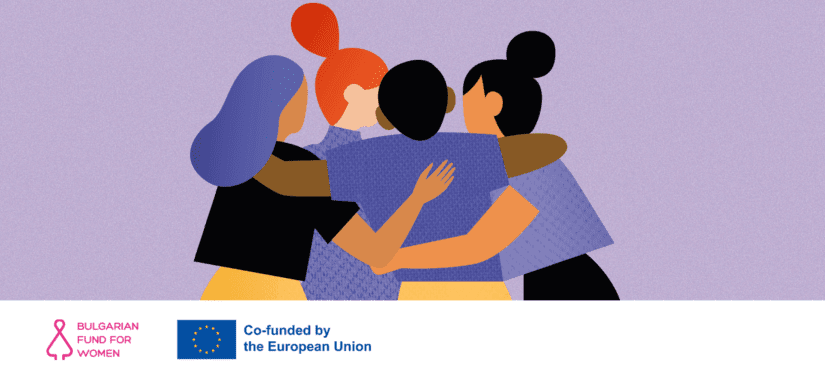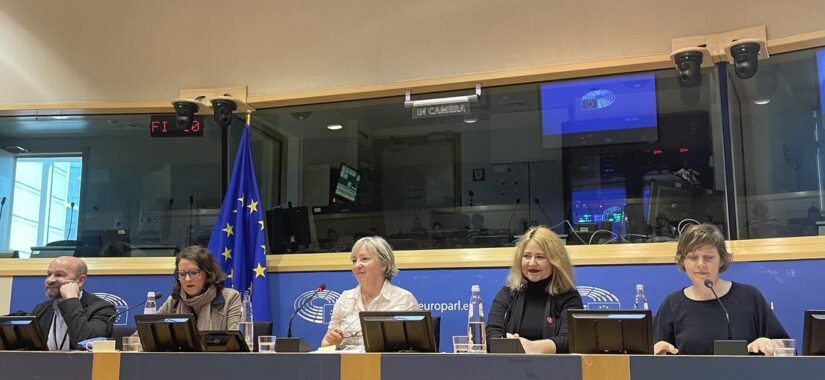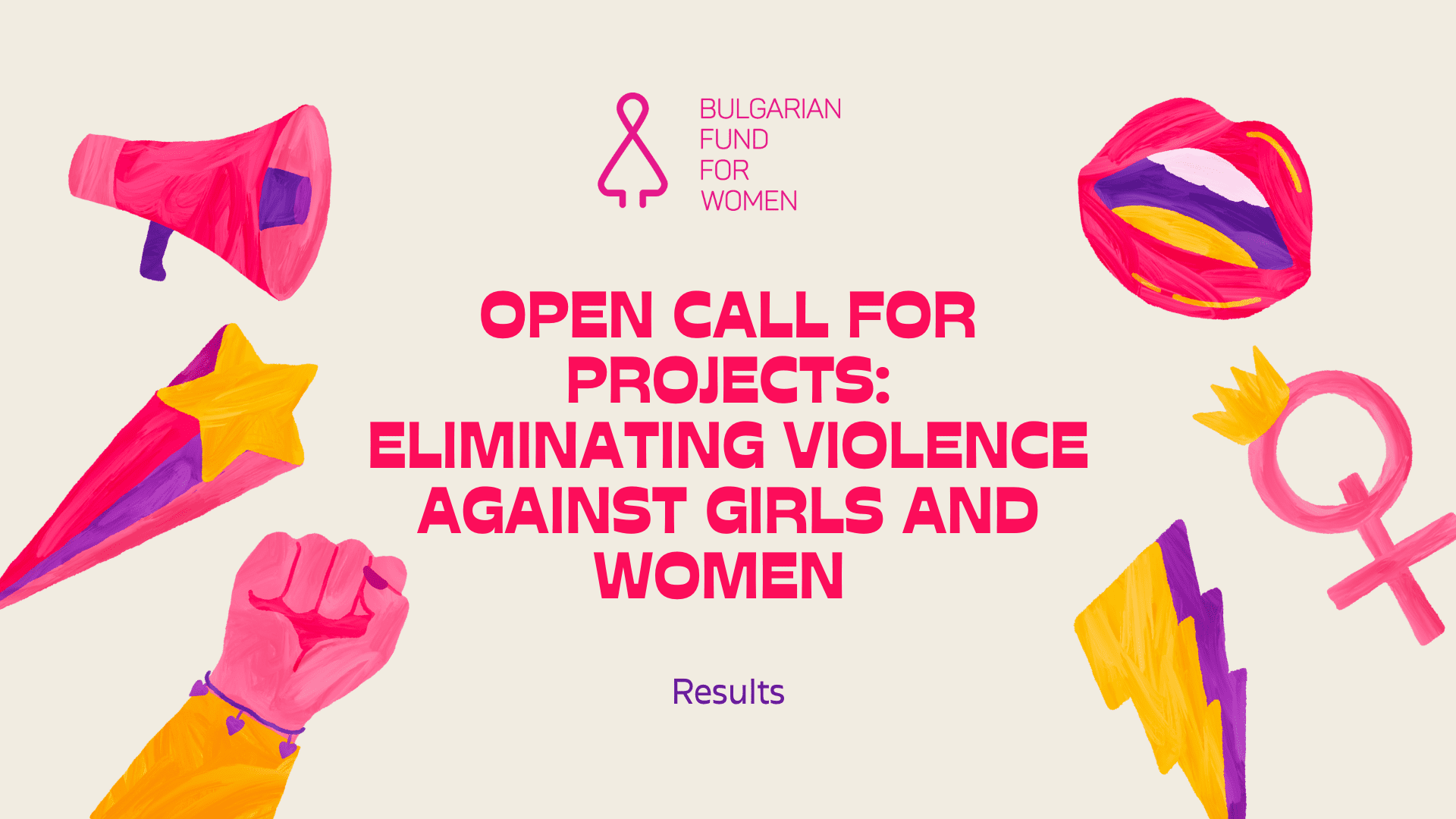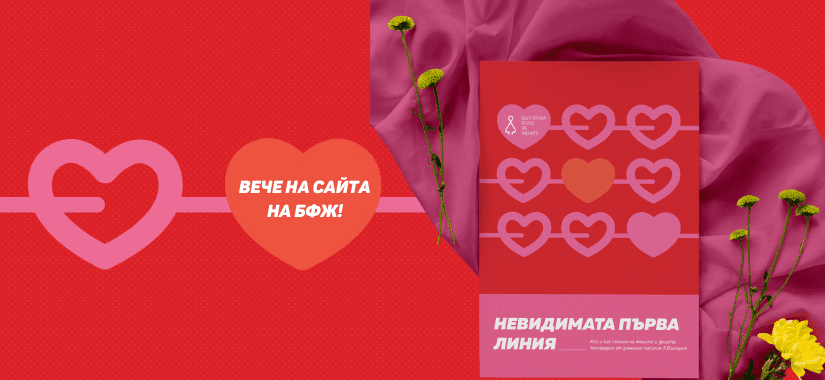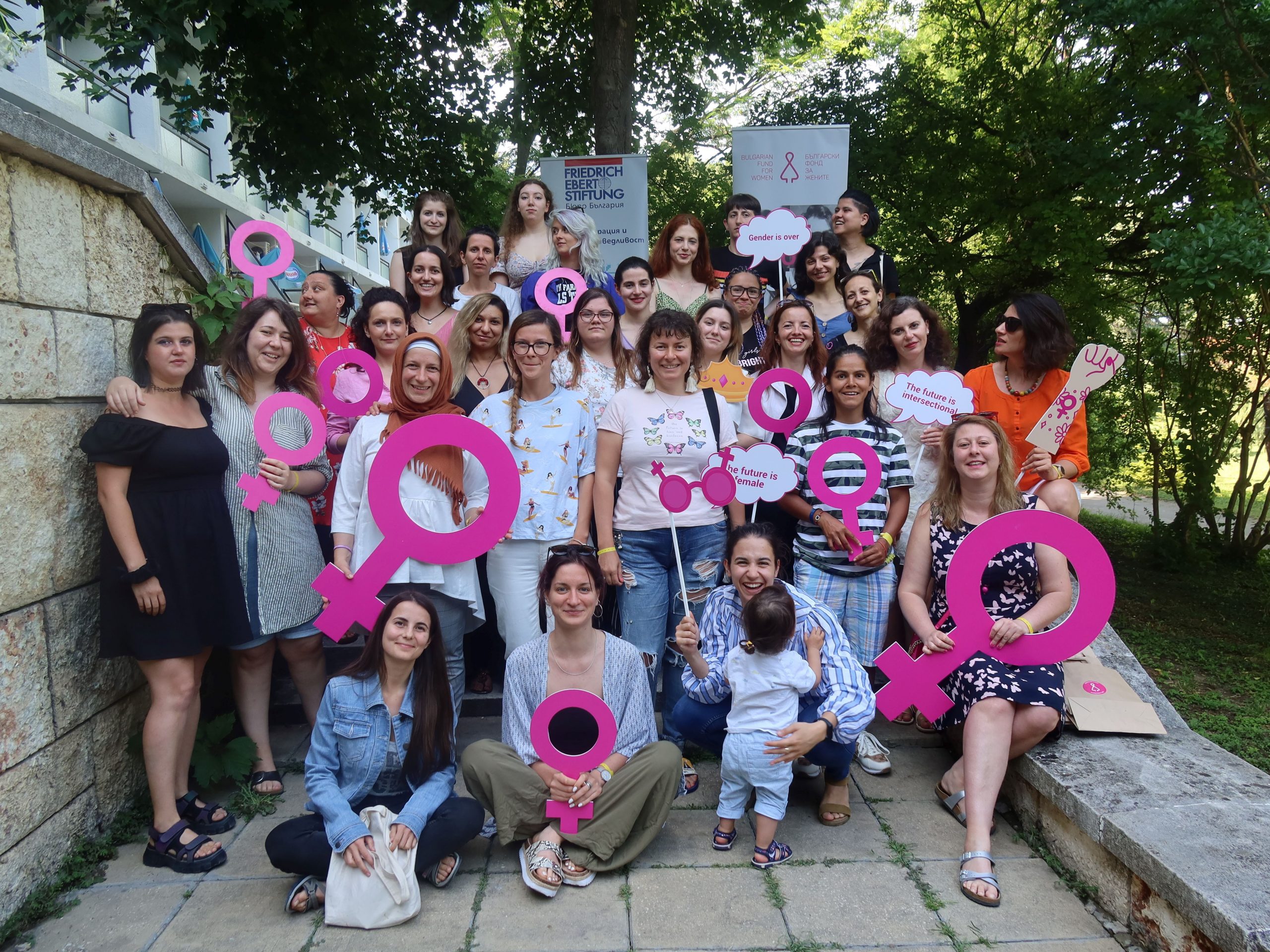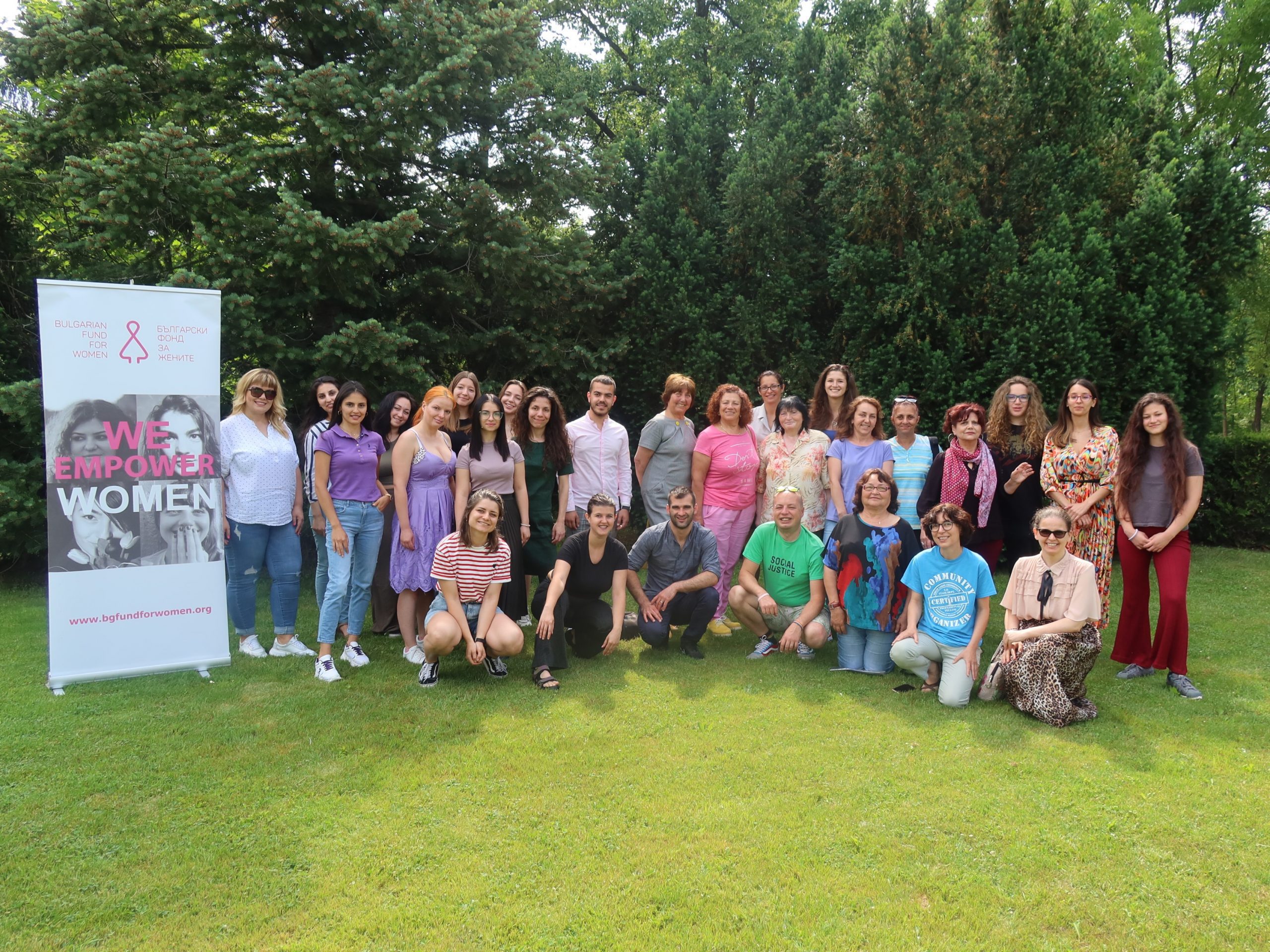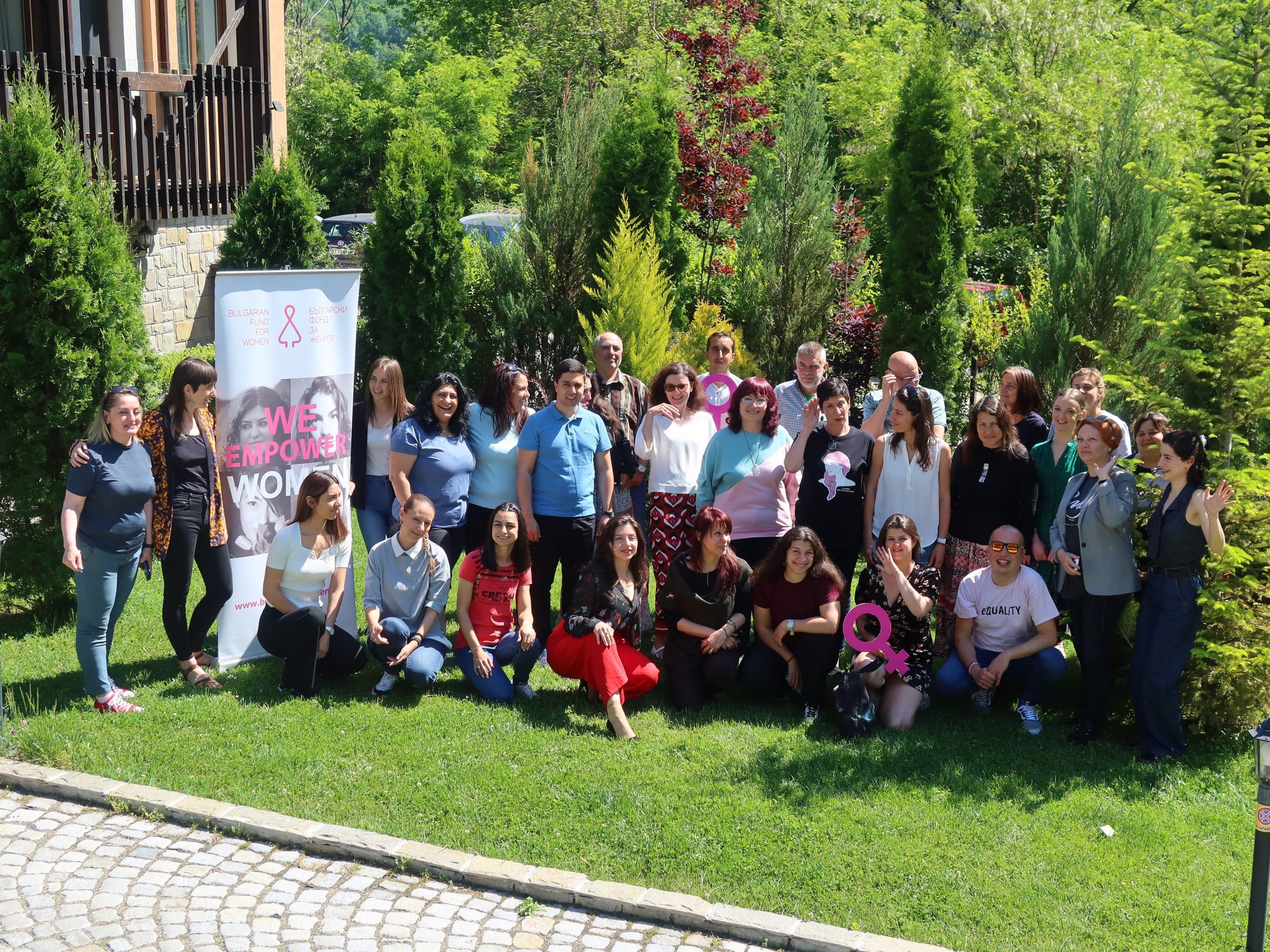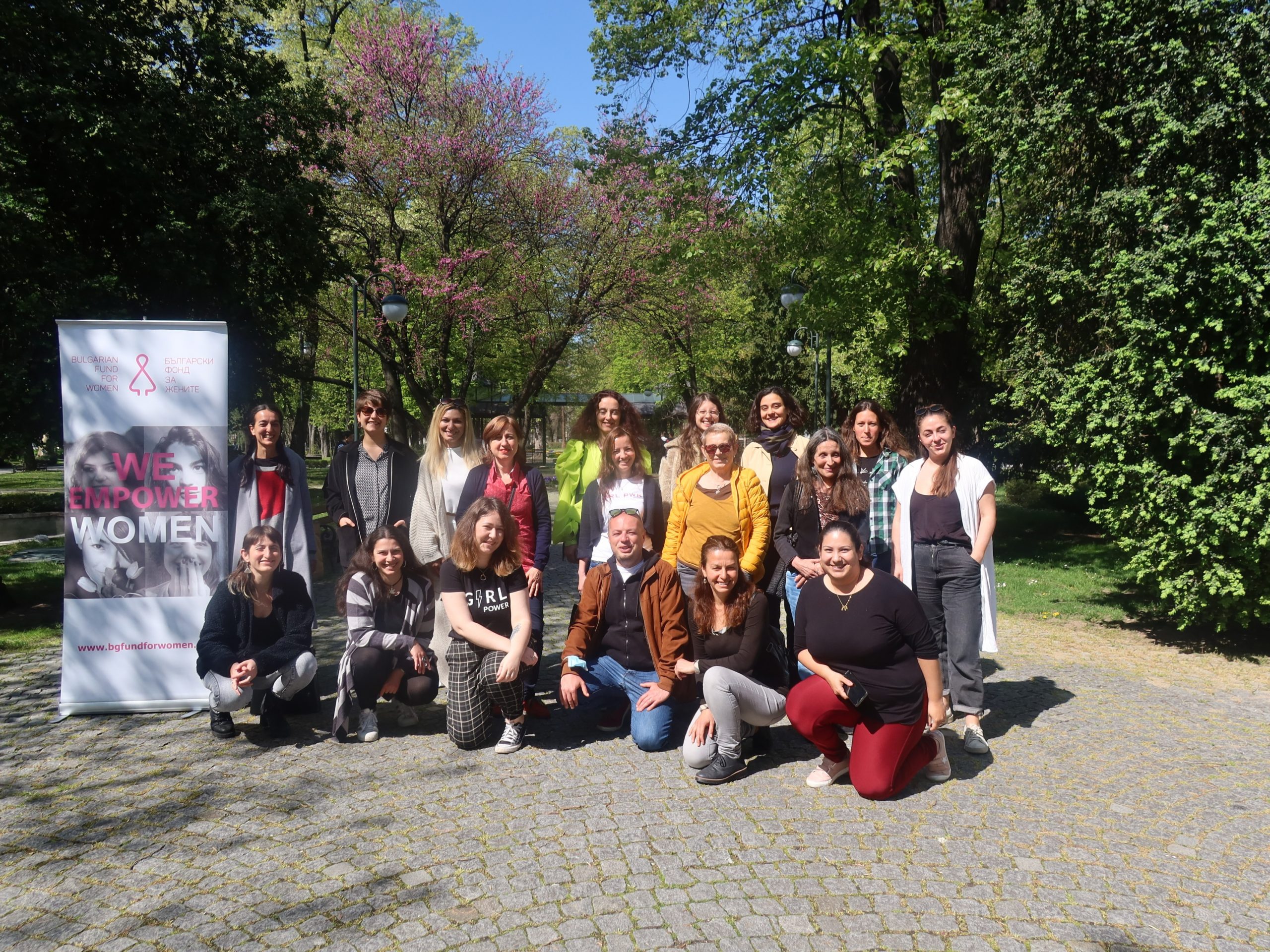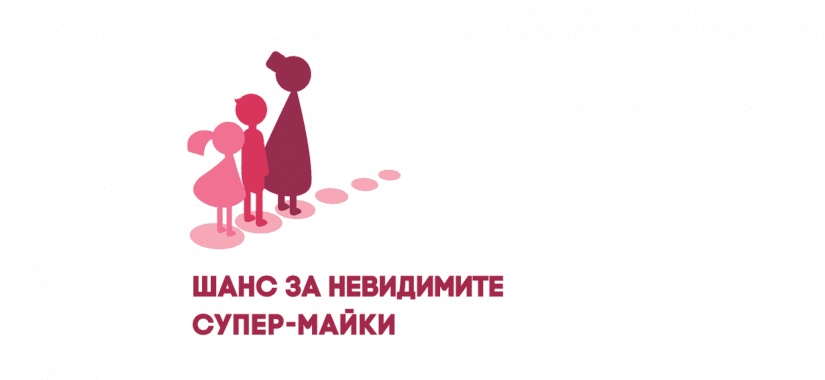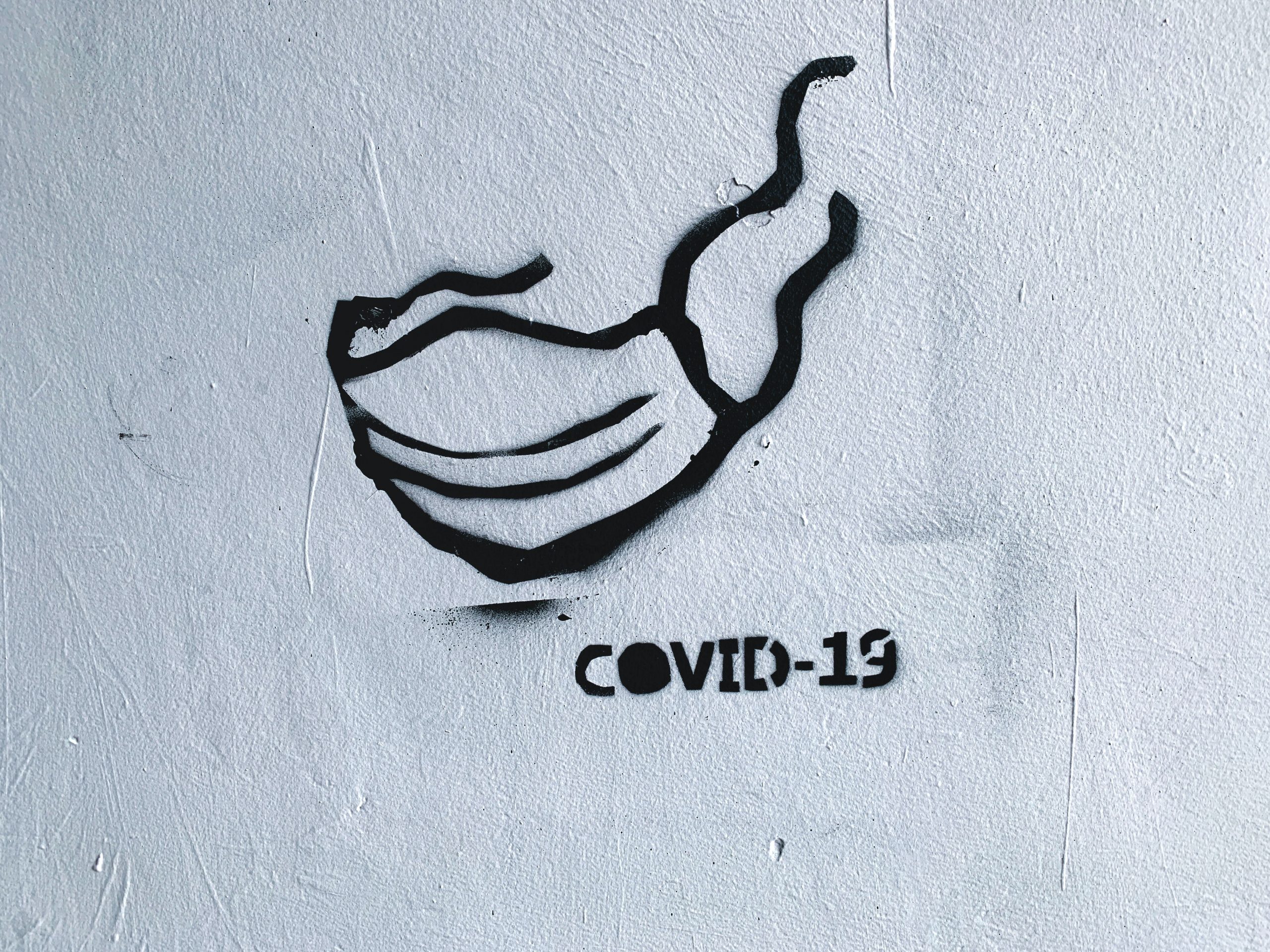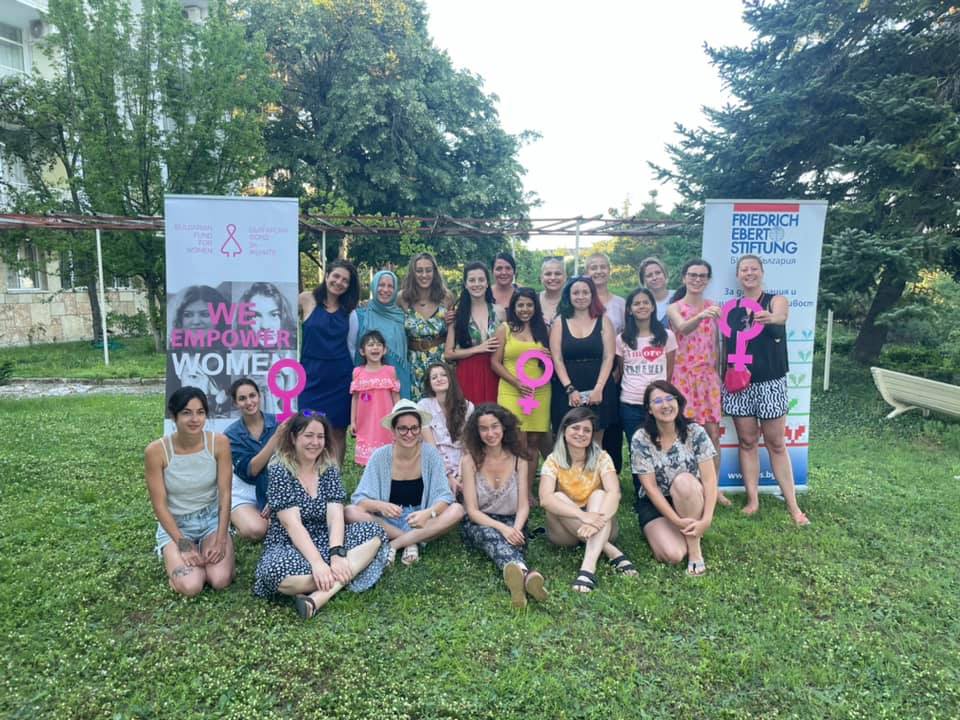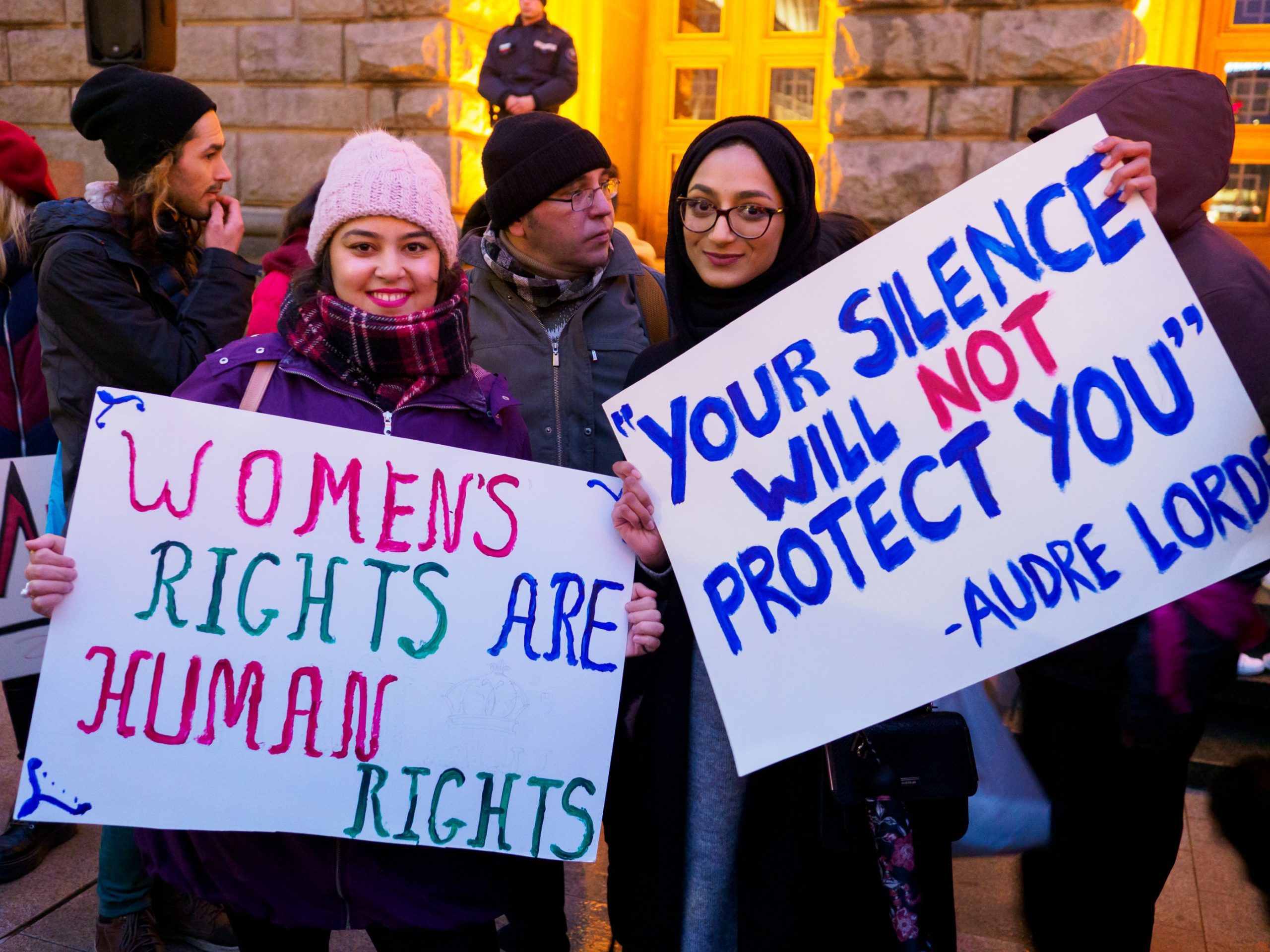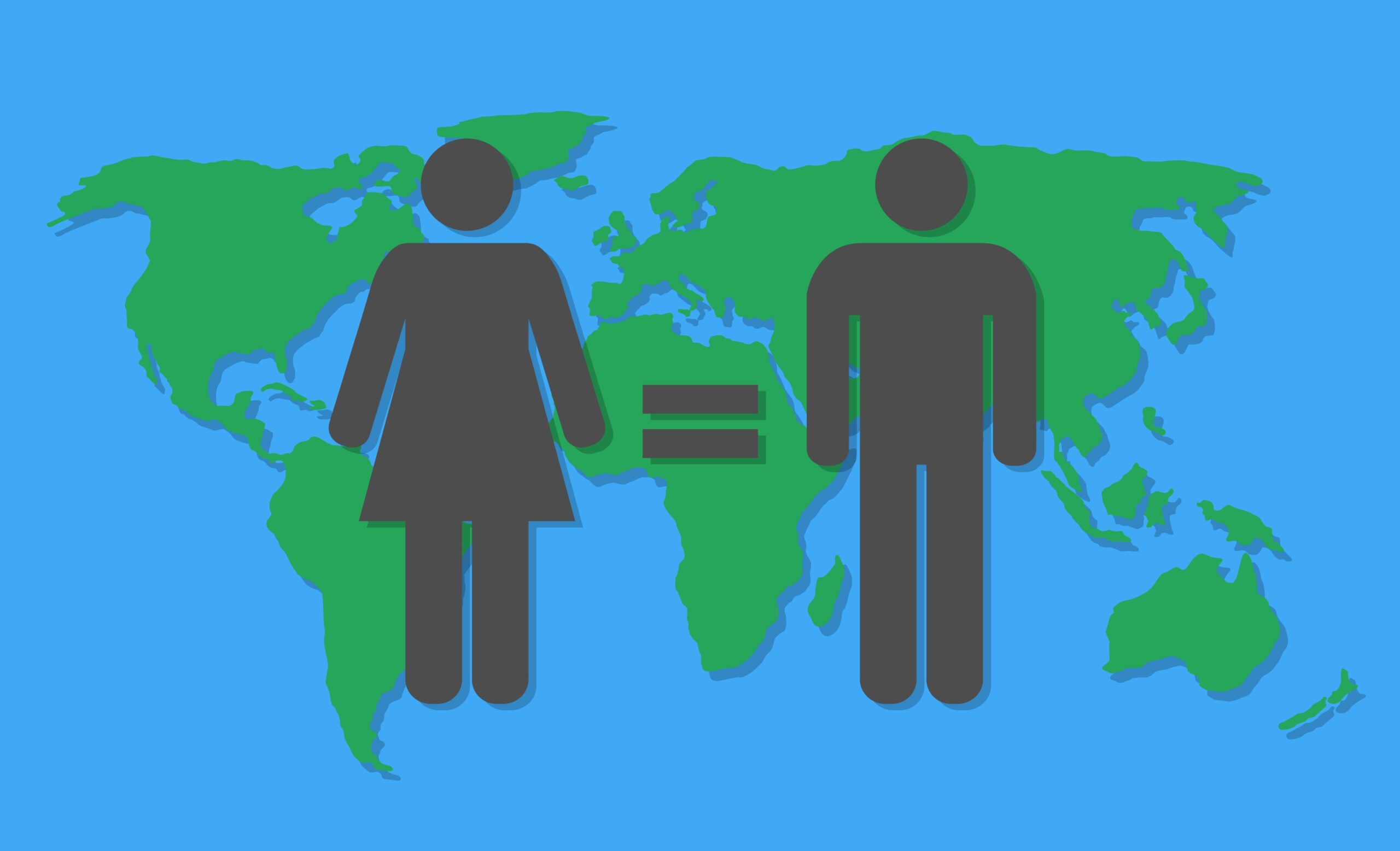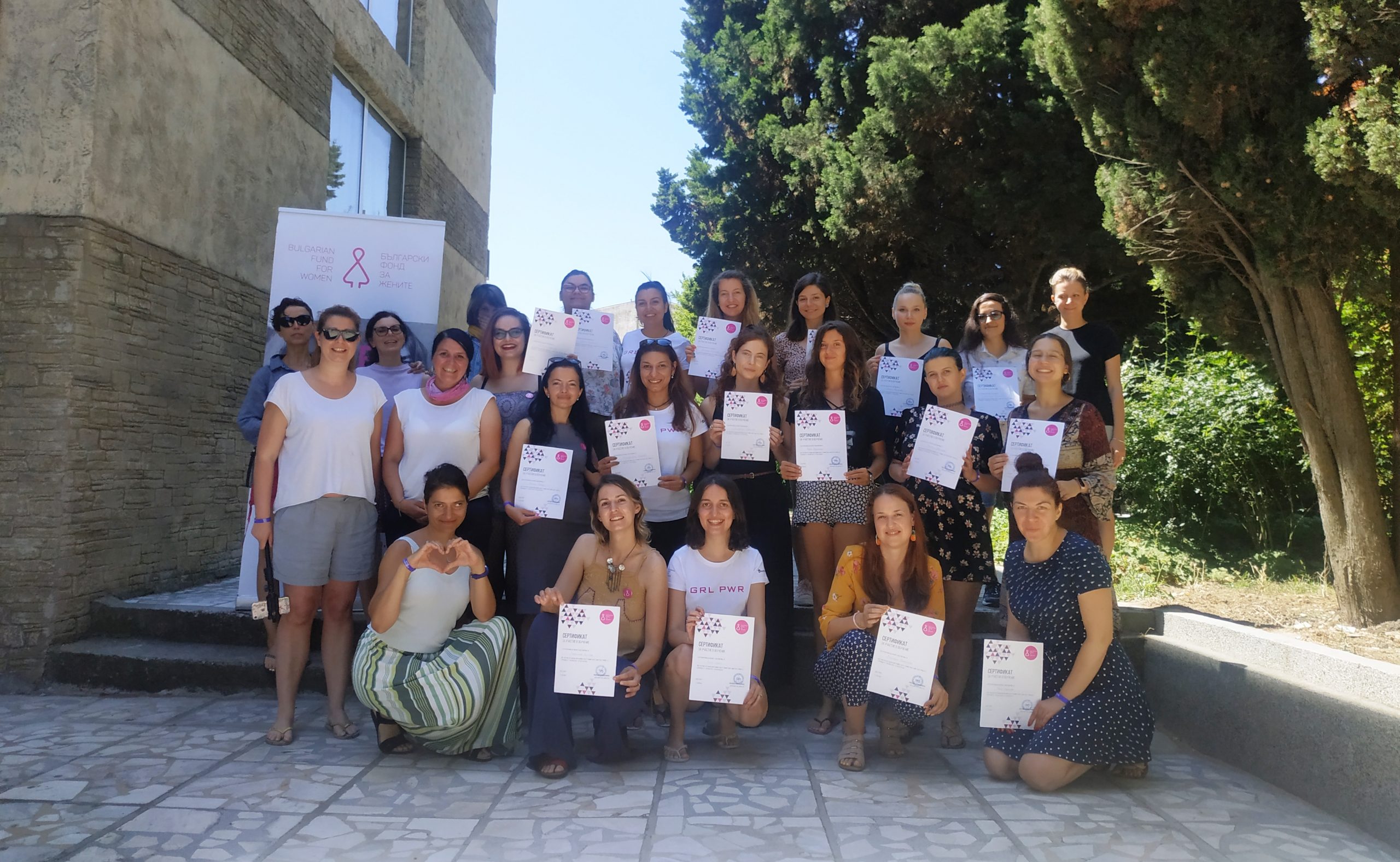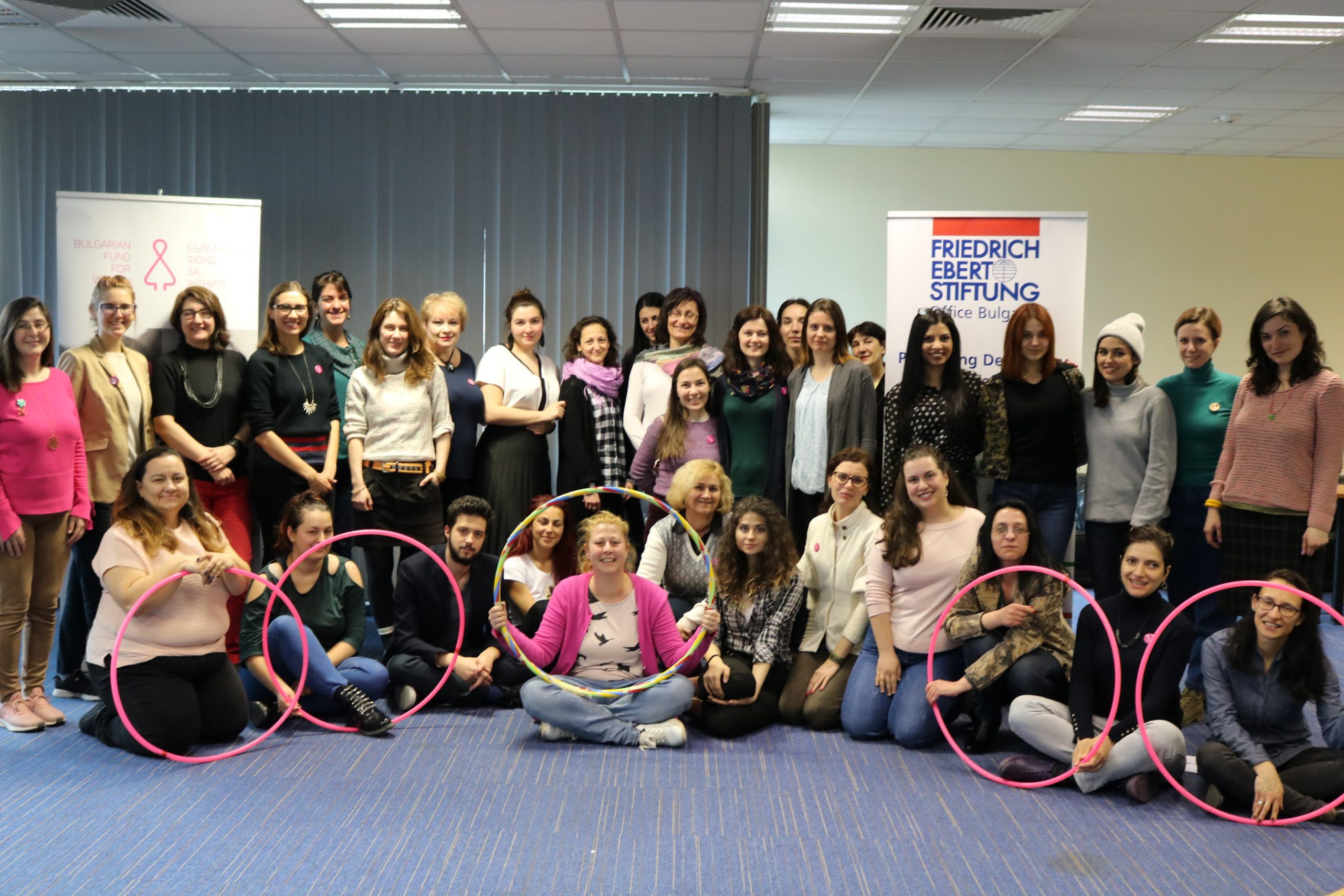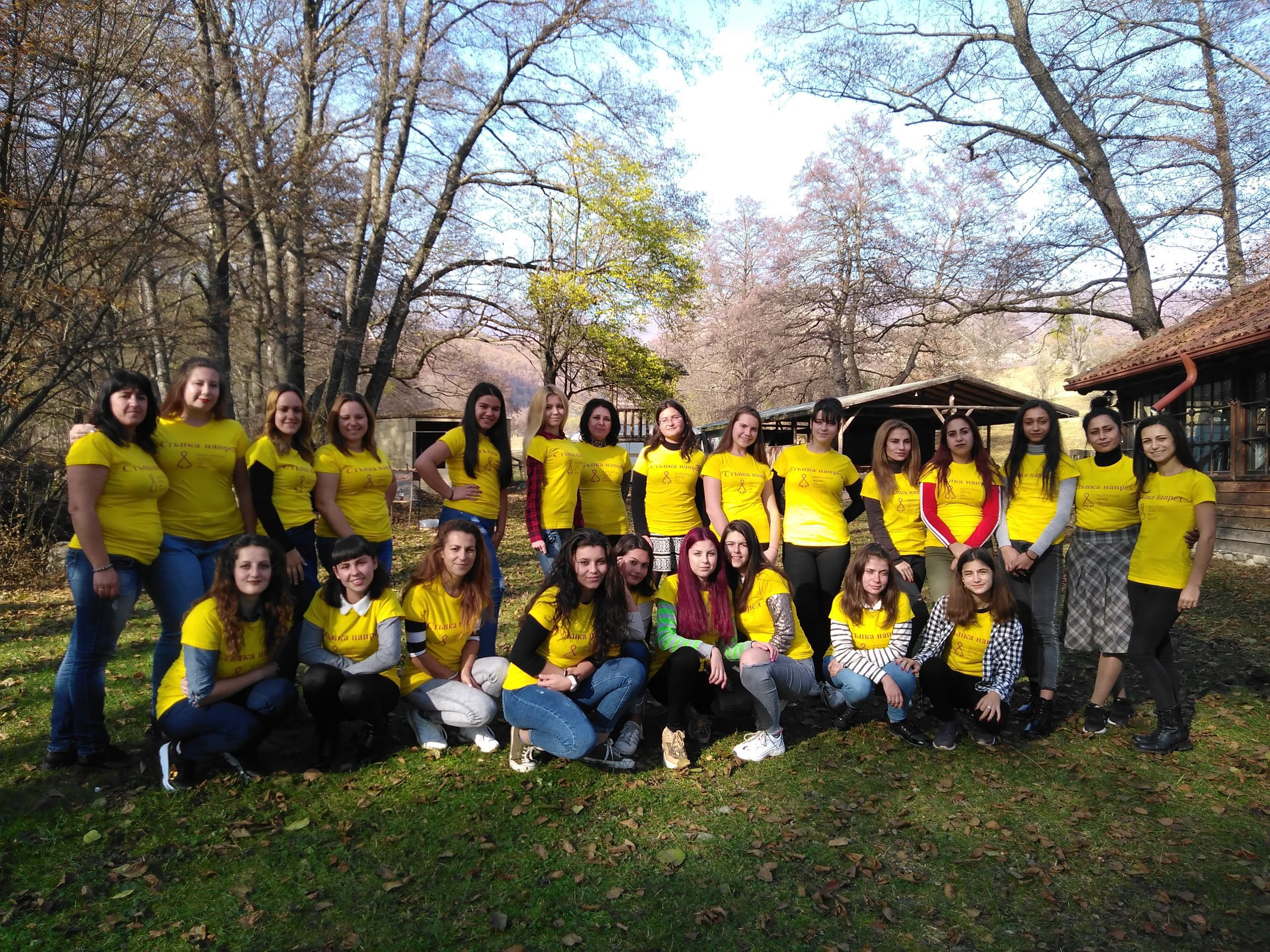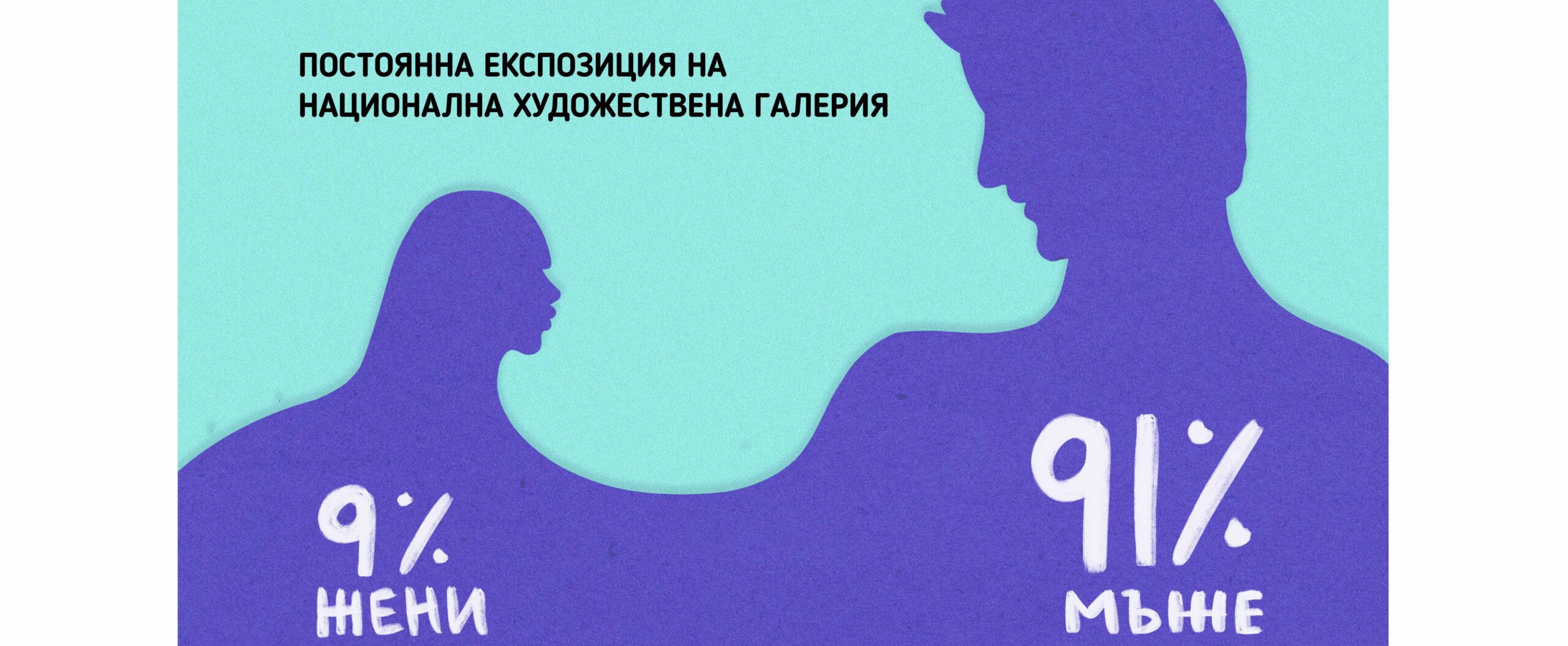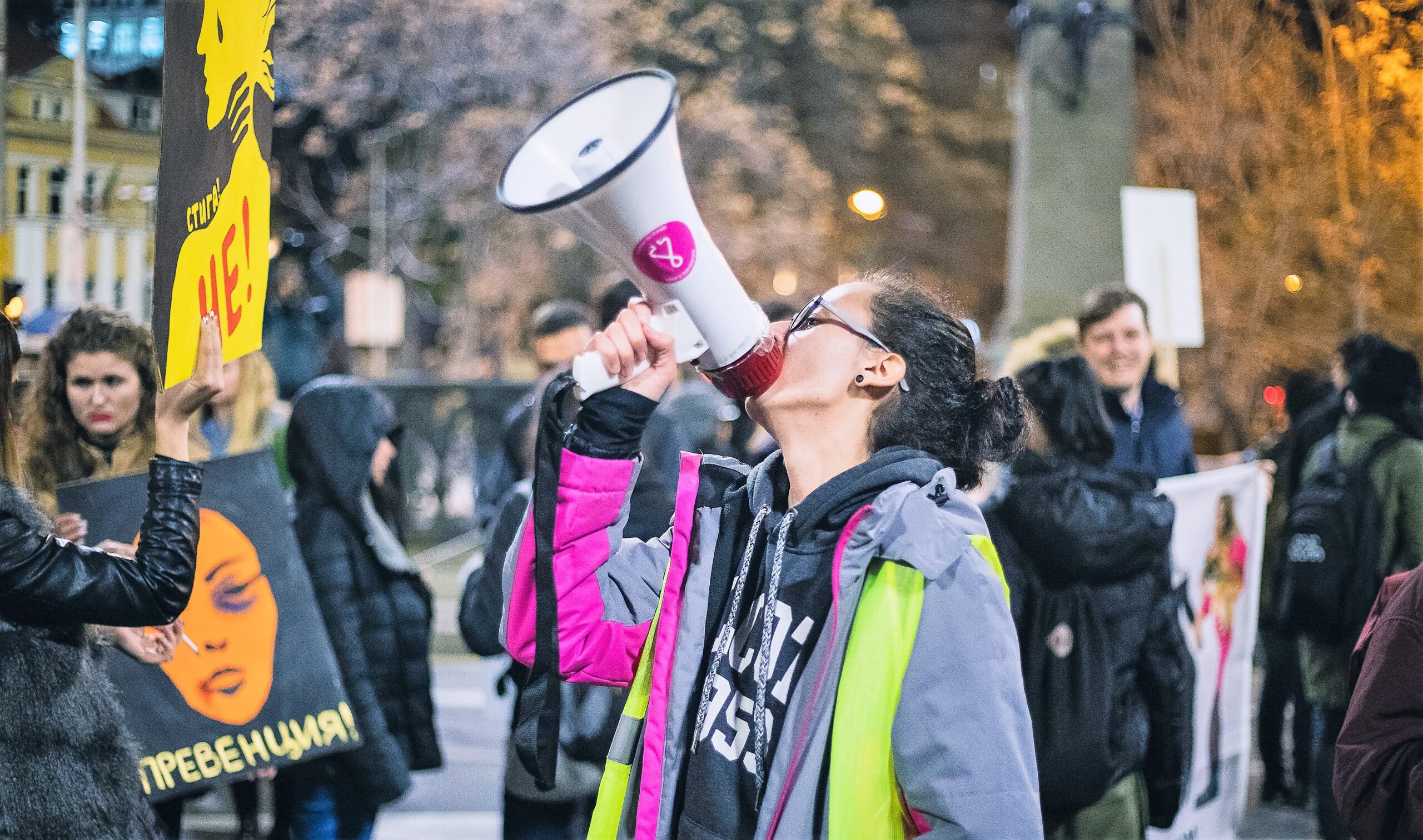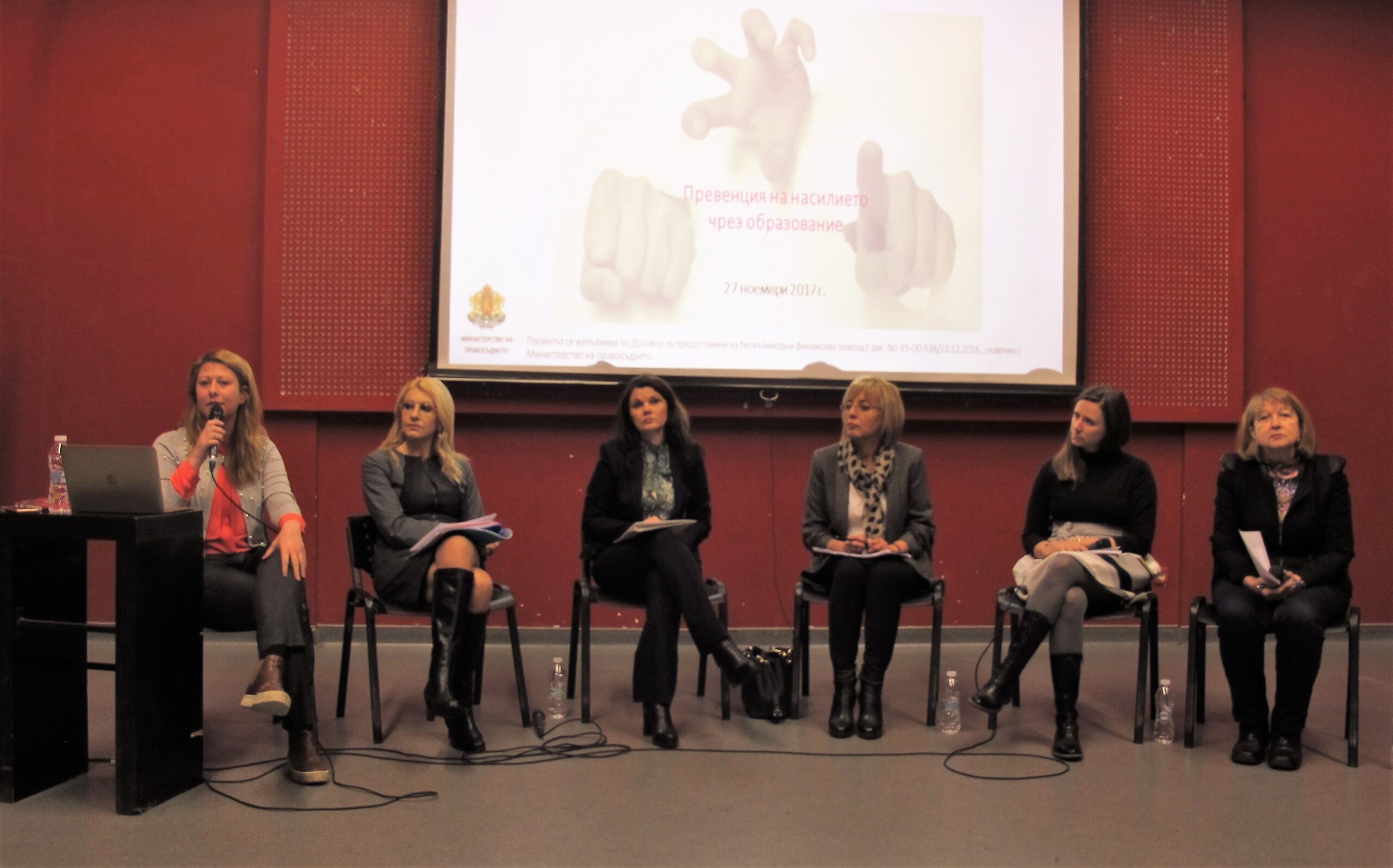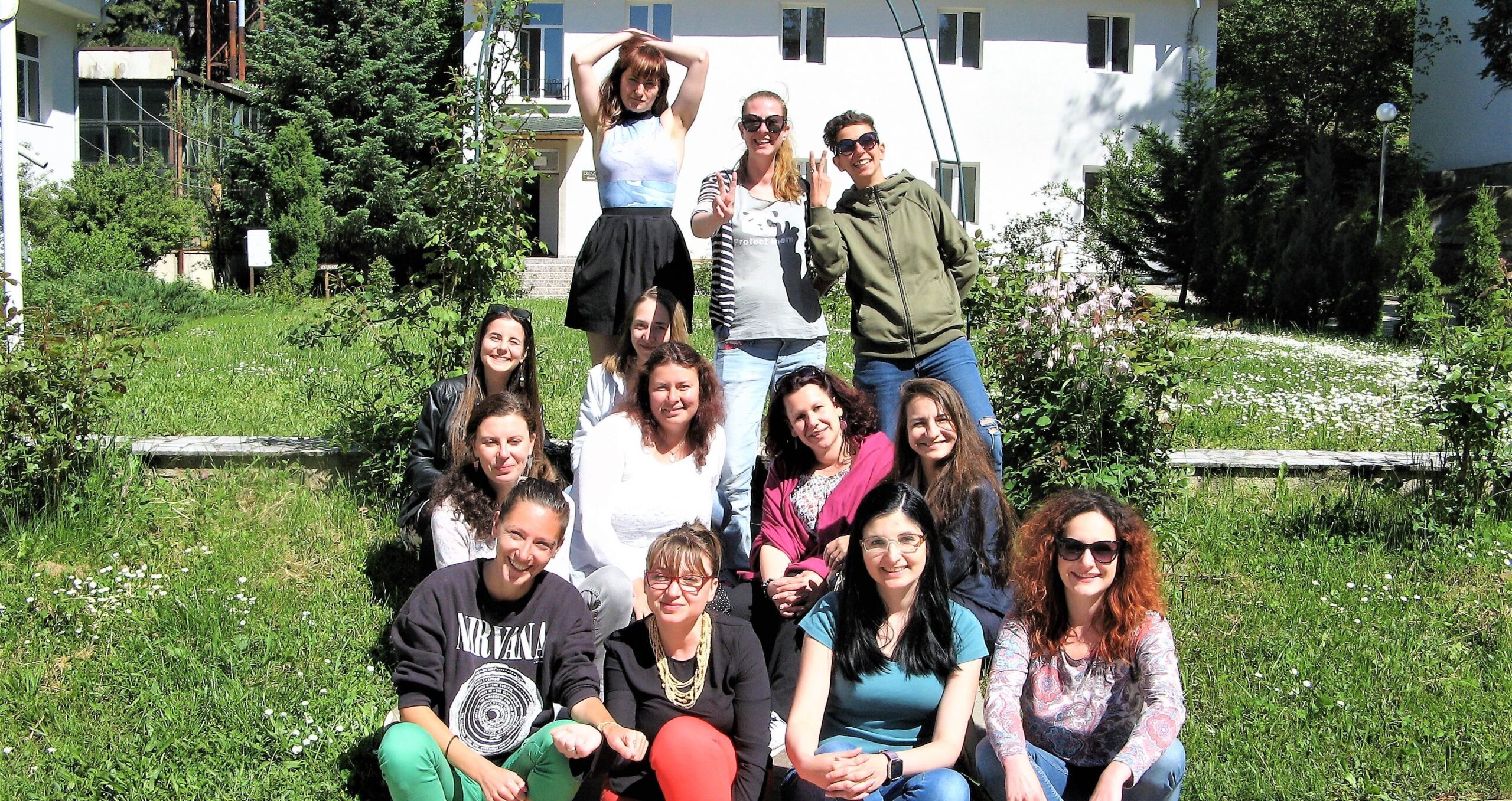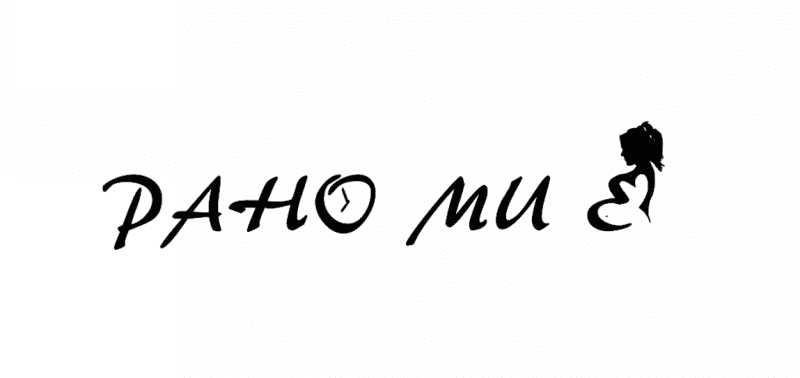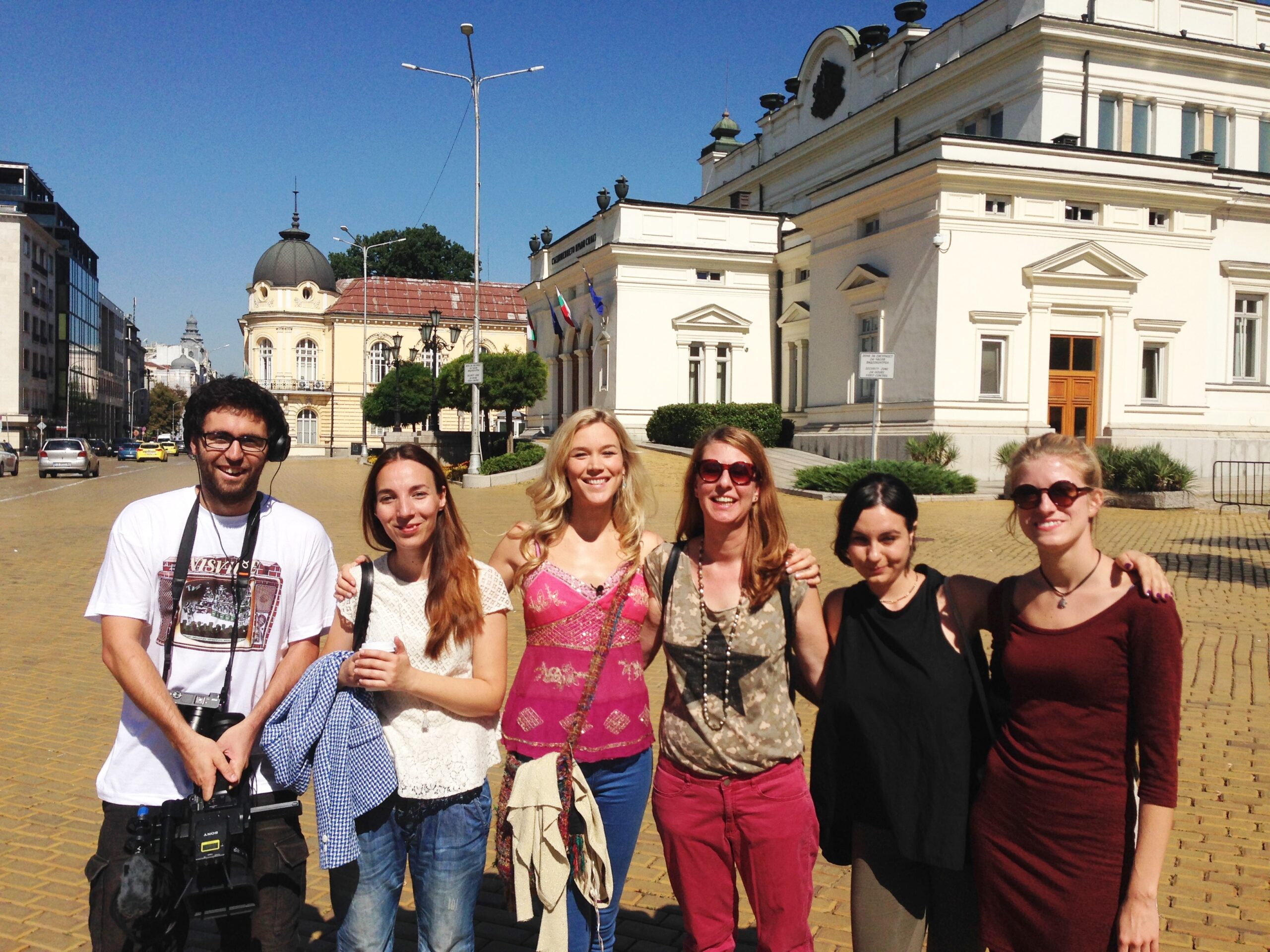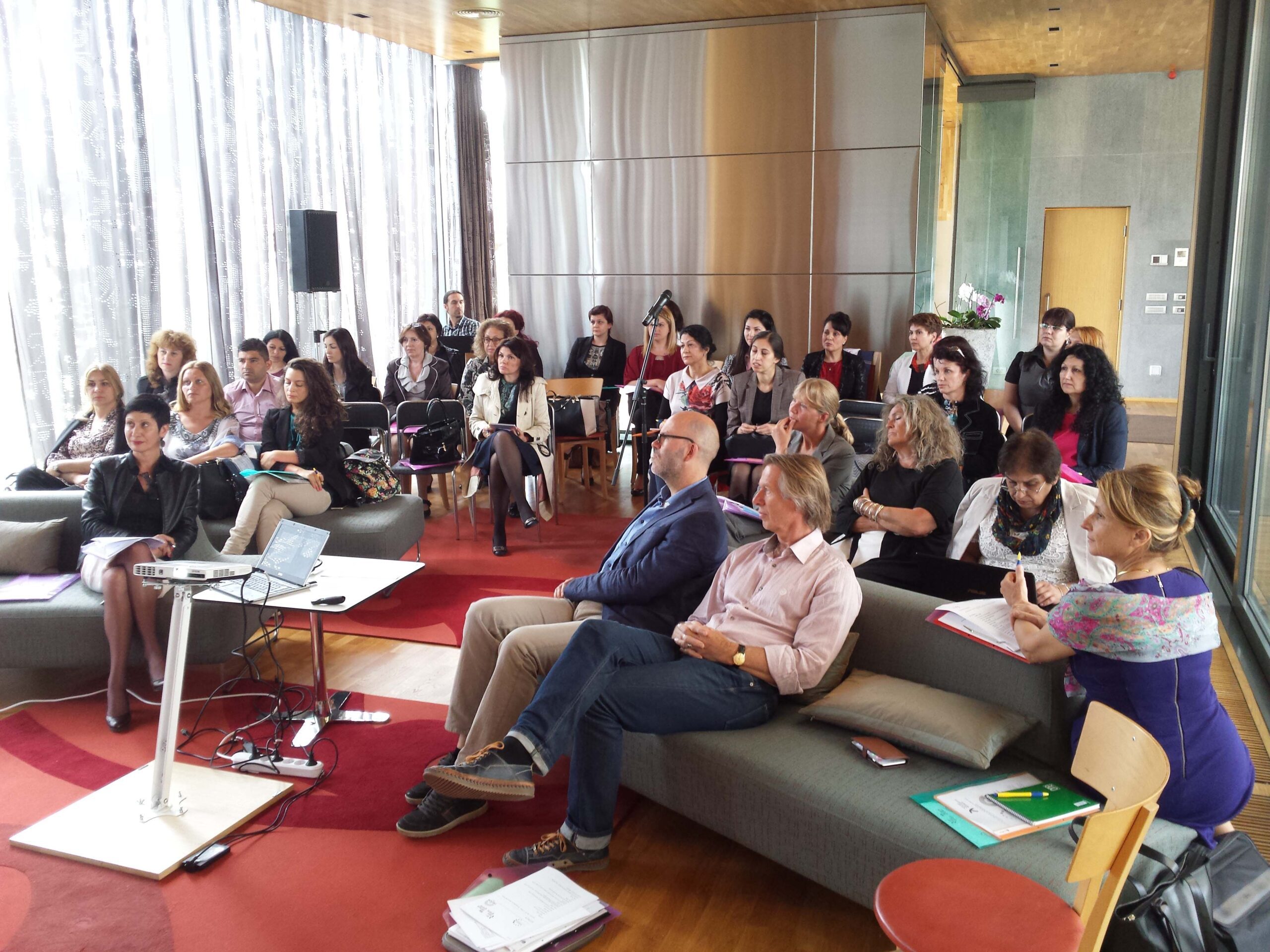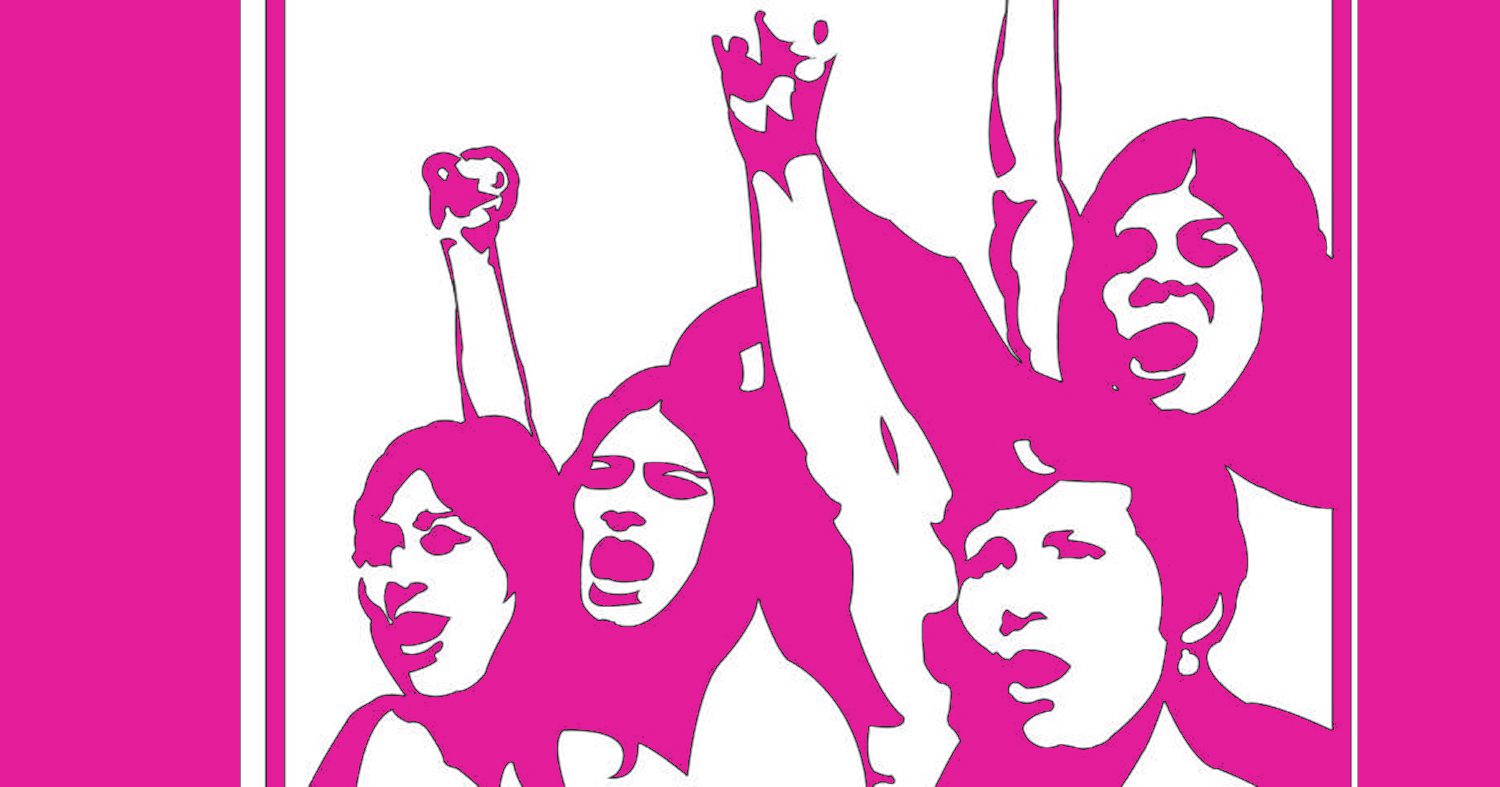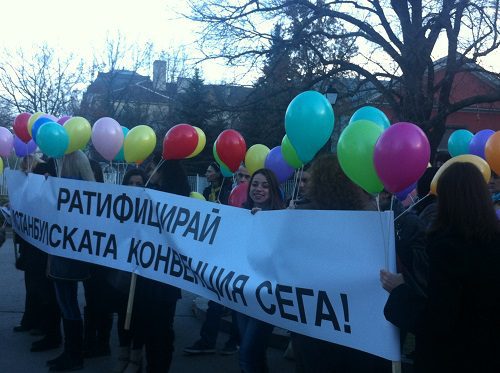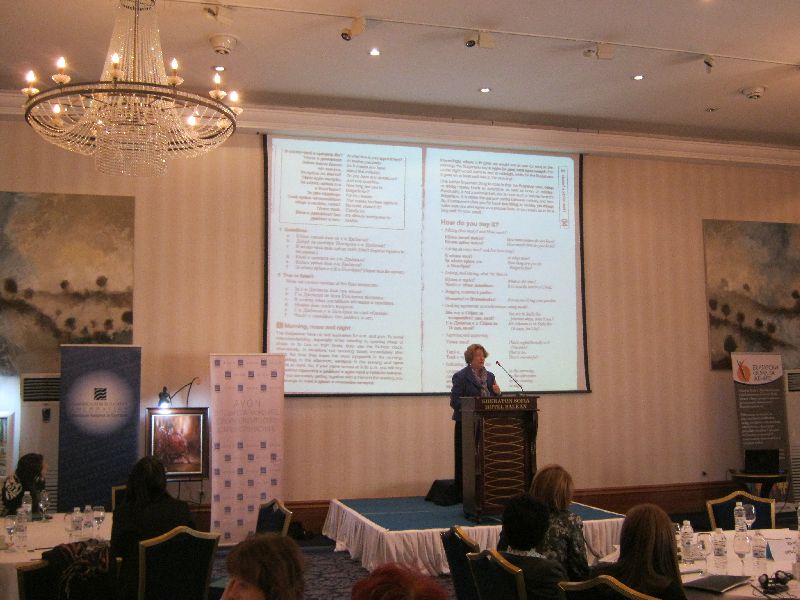July 27, 2018
Today’s decision № 13/2018 of the Constitutional Court that the Istanbul Convention does not comply with the constitution is a disgrace for Bulgaria. It is legally tainted by the gross absurdity of non-professionals and as a social philosophy – limited, misogynistic, and homophobic. As a state gesture, it represents a backward, crude impudence.
The decision is legally incompetent to such an extent that it creates internal concern even for readers who are only relatively familiar with European law. According to this ignorant ruling, unworthy of any court, there was “a clear connection between the Council of Europe’s policy to prevent and combat violence against women as a form of discrimination against women based on gender, and the protection of the rights of ‘transgender persons’.” The Council of Europe treated “discrimination based on ‘gender identity’ as a form of discrimination against women.”
That is false. There is no such connection. The acts mentioned in The Council of Europe’s decision relating to “gender identity” [1] deal exclusively with “sexual orientation” and “gender identity” and don’t even mention women and gender-based discrimination. In this sense, a decision that directly states legal falsehoods is intellectually dishonest.
The decision mixes two fundamentally different legal terms, in a way unforgivable for lawyers, ascribing non-existent connections to them without any basis in law. The roughly mixed “gender identity” and “gender” are actually not similar but opposite concepts. The first refers to an individual’s inner sense of their gender, regardless of the biological sex assigned to them at birth by doctors. [2] On the contrary, the second term relates to societies’ view of “woman” and “man,” regardless of their actual biological characteristics. “Gender identity” is determined by the personal feeling of an individual experiencing dissonance between their physical and psychological sex, and “social gender” is determined by societal stereotypes based on a person’s qualities, which in reality have nothing to do with their biological sex. For example, the majority of the Constitutional Court members who turned down today’s decision are men, but their action has nothing to do with society’s notion of “manliness.”
The Court manipulatively ascribes an interconnectedness between the above-mentioned opposing concepts to fabricate the risk that, should the Convention be ratified, everyone would arbitrarily and indiscriminately be able to determine their gender themselves. Such “reasonings” demonstrate an extremely low ability for attention to detail, and shame the institutions, the state, and the name of Bulgaria.
The decision is provincial and phony. It dares to criticize the Convention from a position of superiority, claiming it was “obviously” “internally contradictory,” and inconsistent with its aims and title. [3] The reader wonders who these uncultivated people think they are to put themselves in the position of editors of the international human rights organization The Council of Europe, which has 47 member countries, and to consider they know more about drafting integral international legal instruments.
Despite the claims of the Constitutional Court that the Convention is internally contradictory, it has, to date, been signed by 14 countries, as well as by the European Union itself, and has been ratified by another 32 countries.
The decision itself, in addition to being homophobic – expresses an unmasked fear of transsexuality – and is openly misogynistic, aimed at keeping women in subjugation. It directly states that the biological female gender is identical to the social role of being a mother, giving birth, being a midwife, and so on. According to the “men” of the Constitutional Court, a woman is to give birth to children and be what society tells her to be – first of all, a victim of coercion and violence.
According to the decision, ratifying the Convention would mean that “society[would]lose the ability to differentiate between women and men.” According to the “men” of the Constitutional Court, the continued prospect of men’s unpunished violence against women is what will preserve society’s ability to distinguish between a woman and a man.
Maybe it’s true – a “woman” according to society is a person born to be violated, and a “man” is a person born to be violent, and after today’s decision, we remain in this society in the future.
[1] Recommendation CM/Rec (2010)5 on measures to combat discrimination based on sexual orientation or gender identity Resolution 2048 (2015) on discrimination against transgender people in Europe.
[2] As stated in the decision itself, the Convention does not define “gender identity.” The Explanatory Report to the Convention (§ 53) defines it: “[…] in simple terms means that the sex with which they identify does not correspond to the sex assigned to them at birth.” The Council of Europe’s handbook on gender reassignment and the protection of “transgender” persons defines “gender identity” as: “each person’s deeply felt inner and individual sense of gender, which may or may not correspond to the gender assigned at his birth […].”
[3] See the following expressions: “the content of part of its provisions goes beyond the declared goals of the Convention and its name,” “[d]istancing from the concept of “gender” as a biological sign – male/female distances the Convention from the goals declared in it to protect women […]. The internal contradiction in the Convention is obvious when comparing the declared in Art. 1 purpose of the Convention and its title with the definition of “sex” as given in the Convention. Besides, the very definition of “gender” would be unnecessary if the declared purpose of the international treaty actually corresponded to its name […]. This two-layeredness of the conceptual apparatus […] in practice does not achieve equality between the sexes, but erases the differences between them, with which the principle of equality loses its meaning.”
